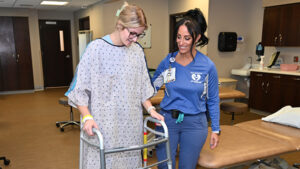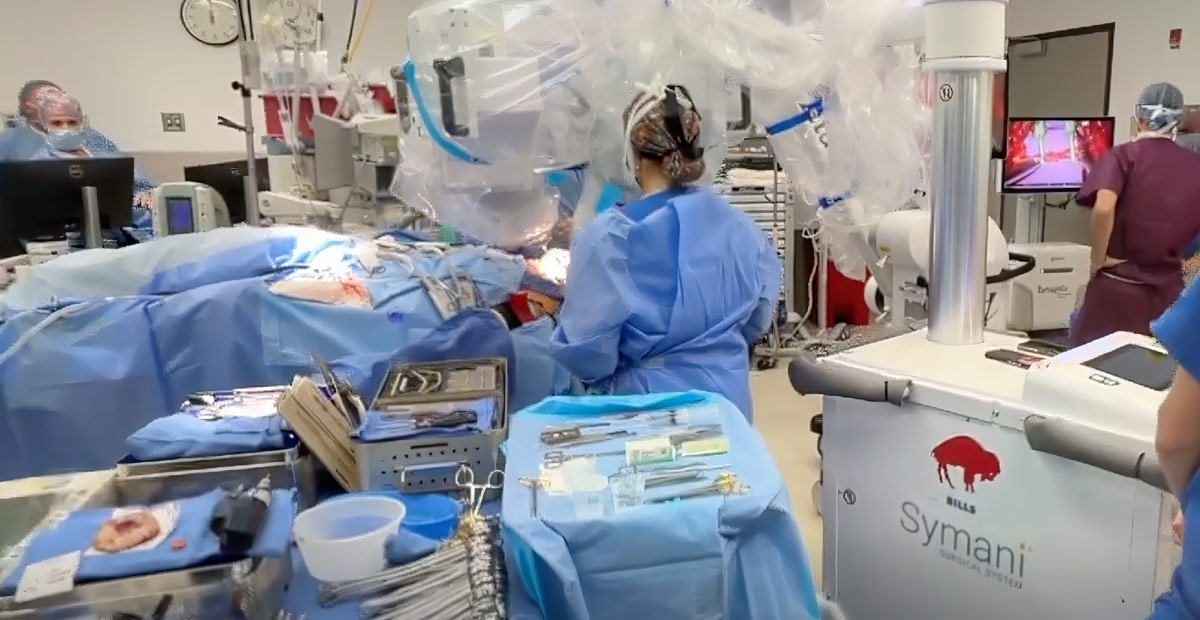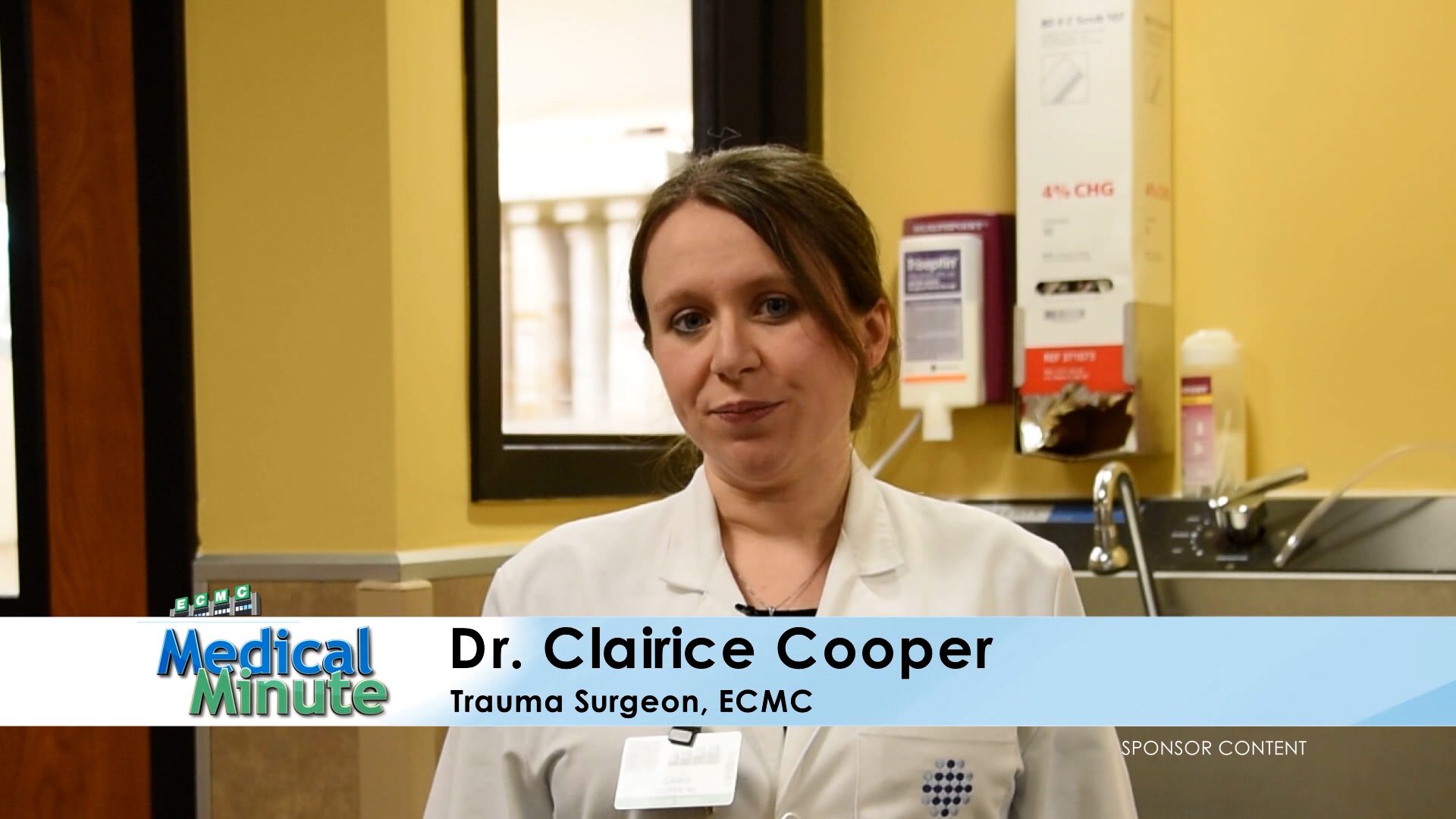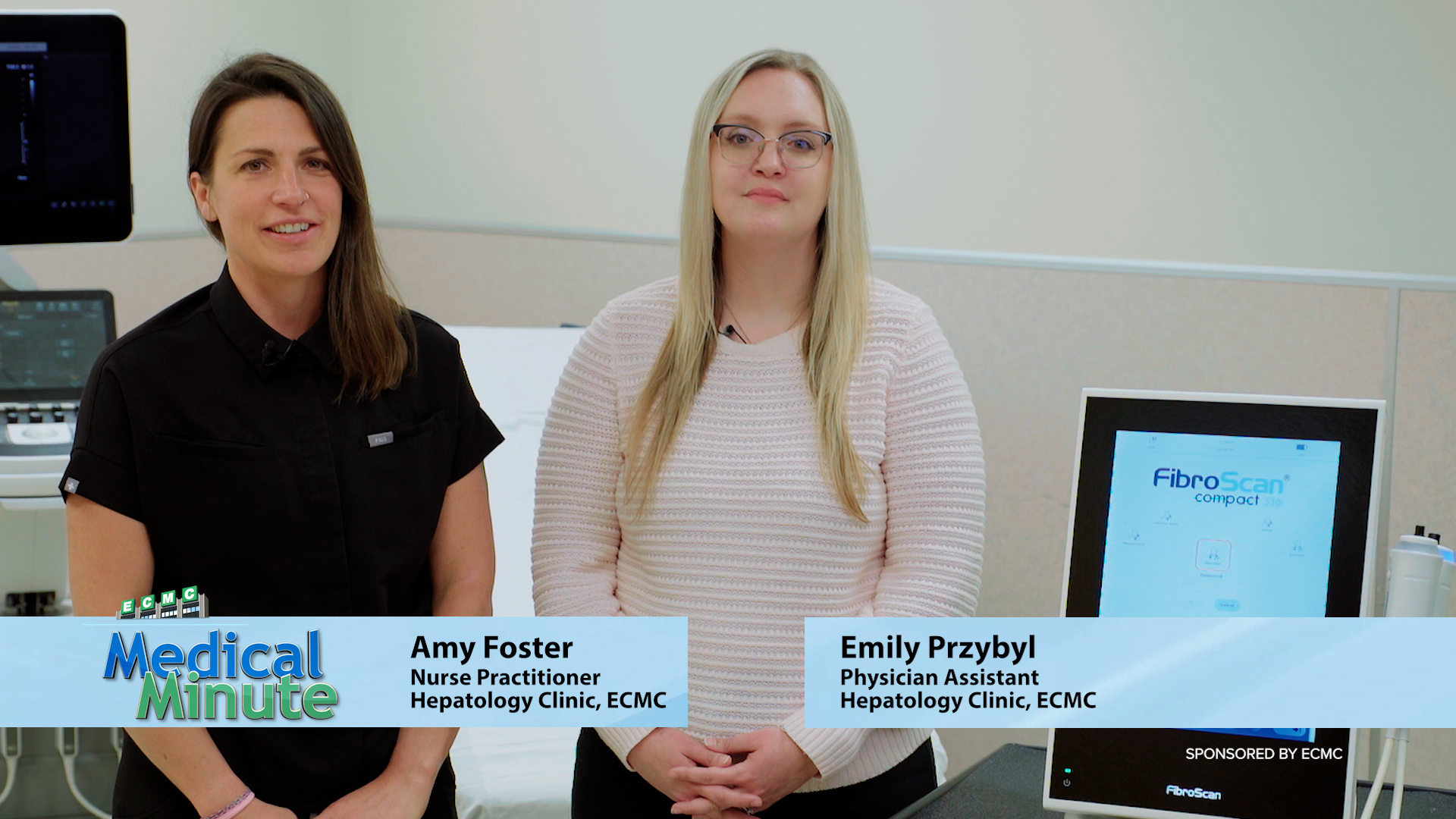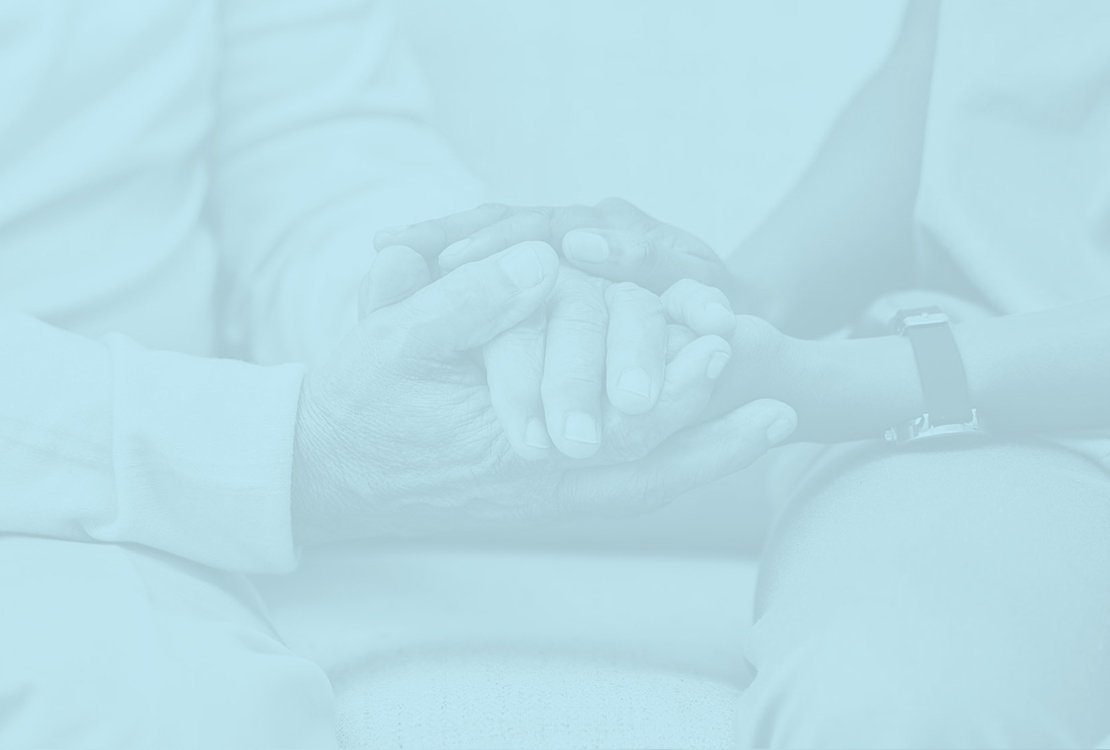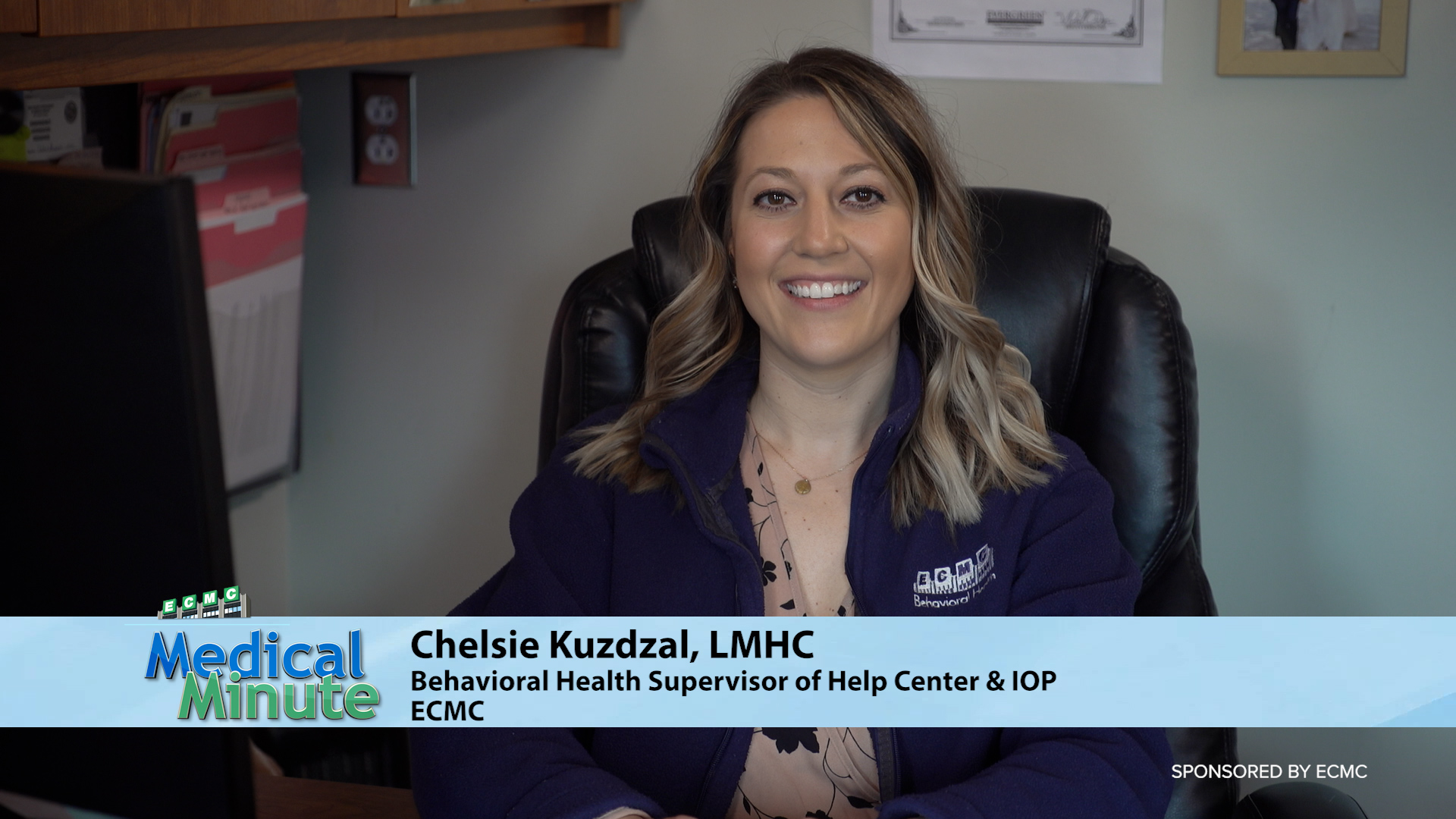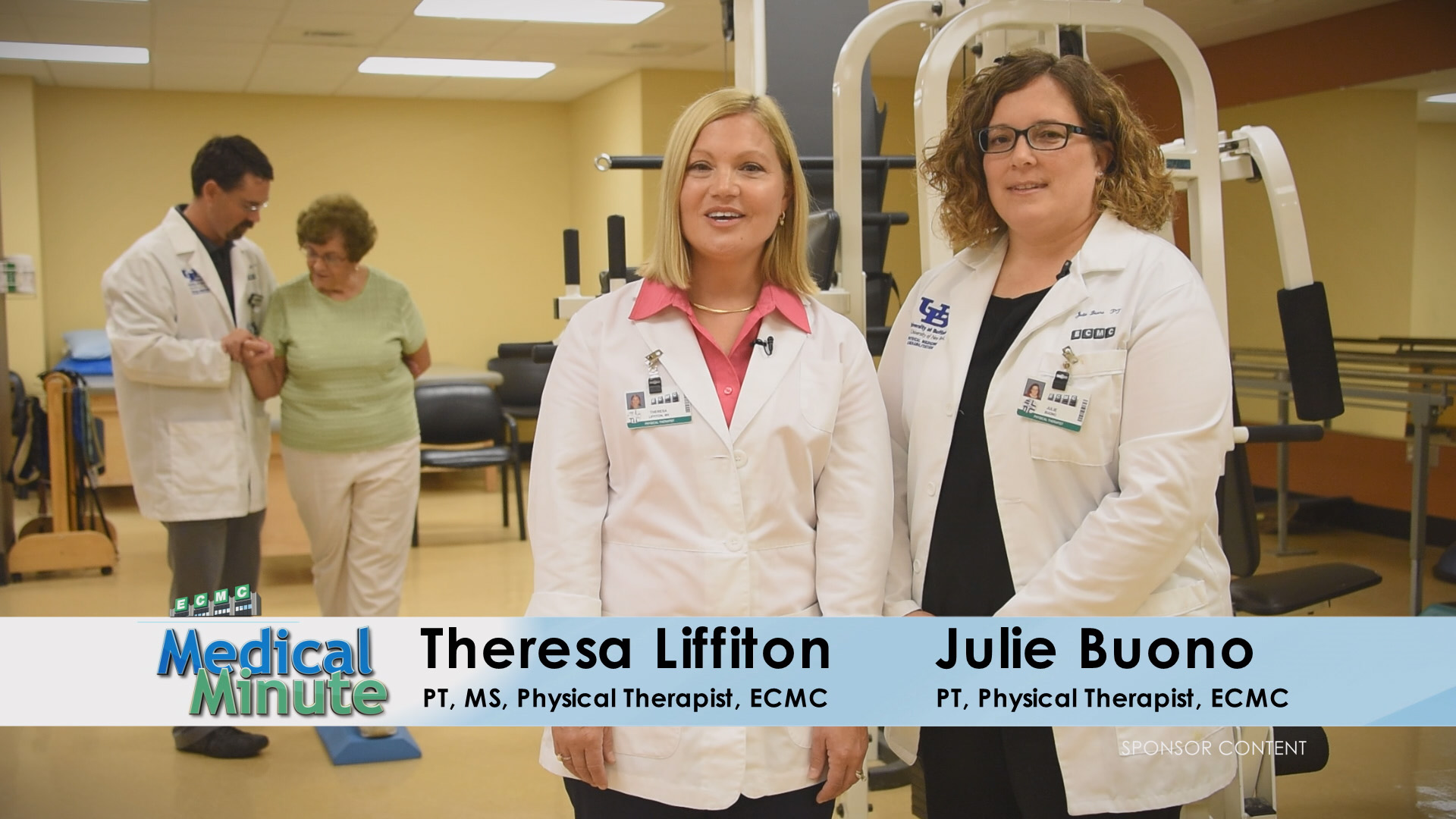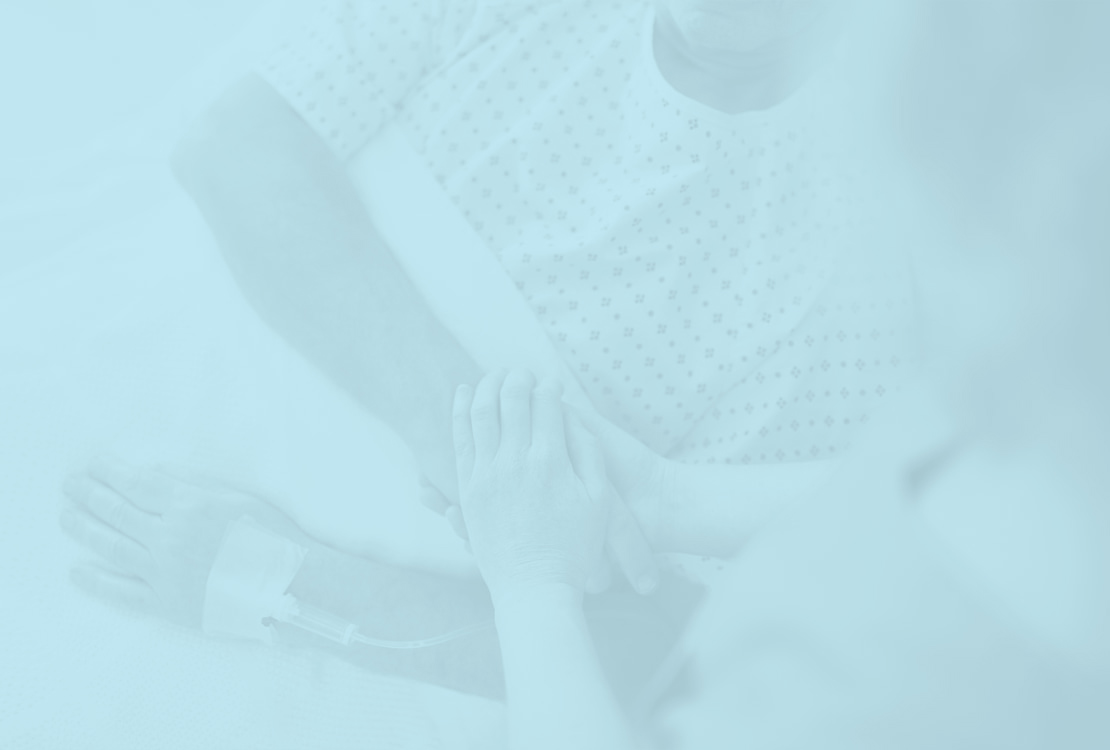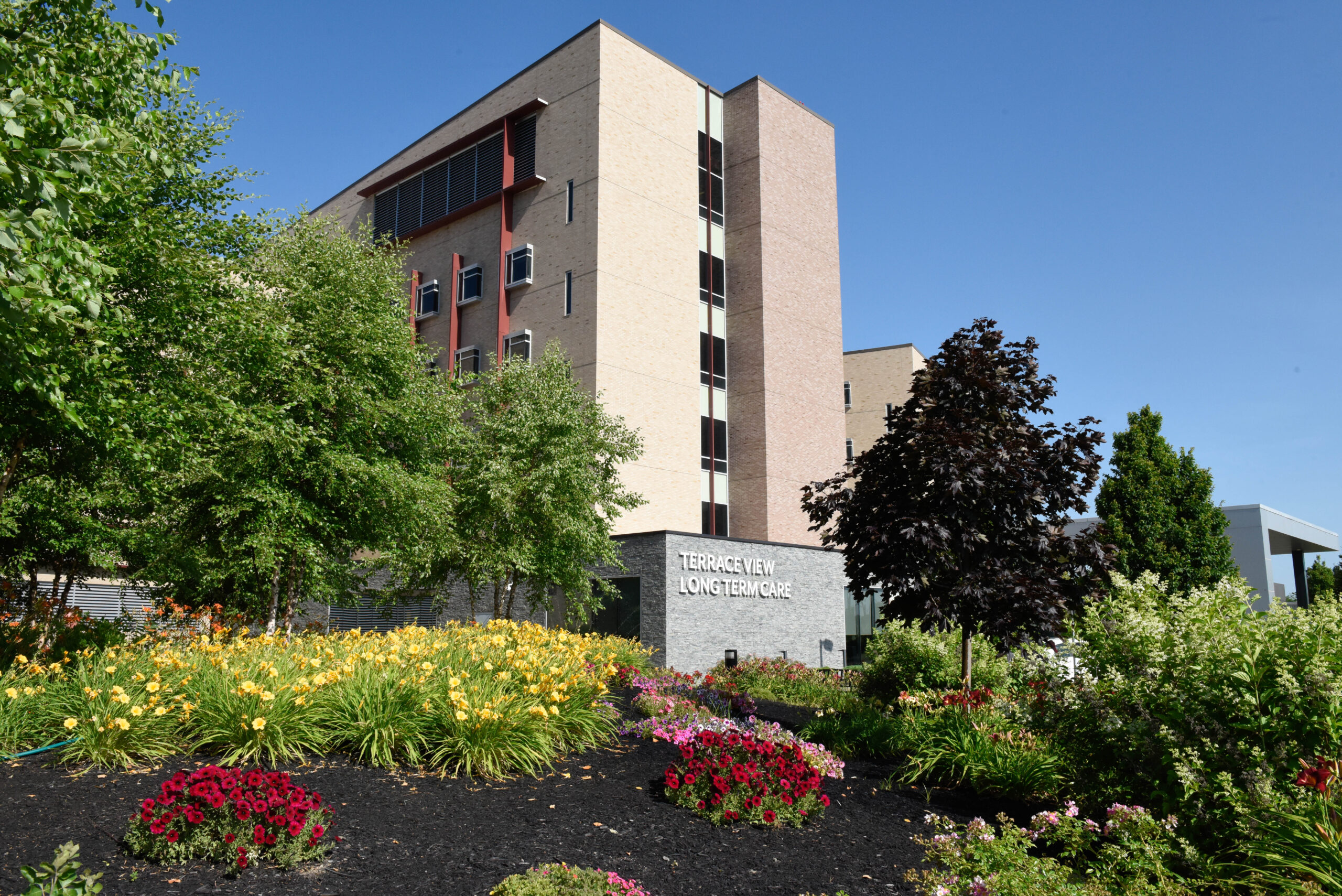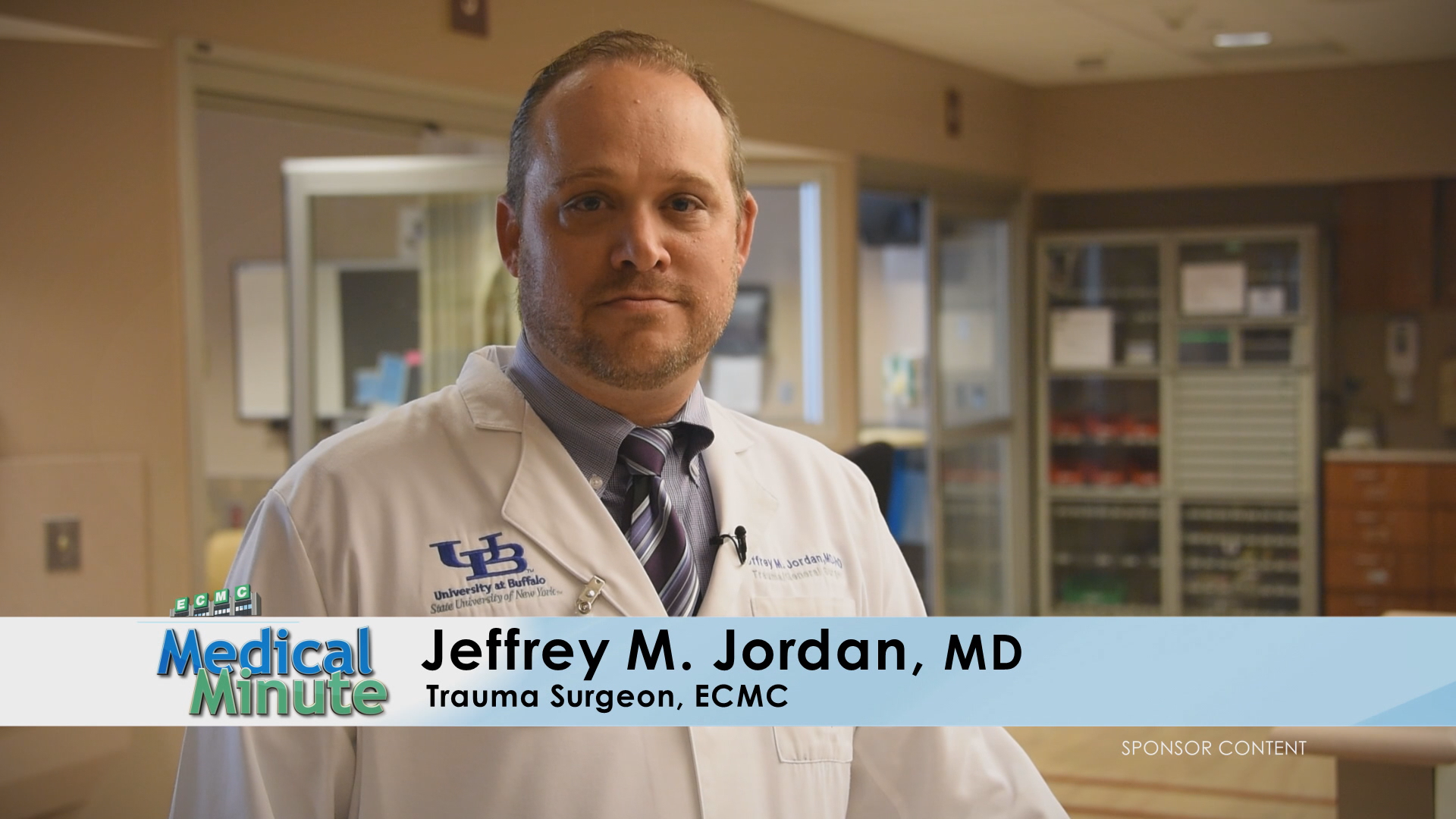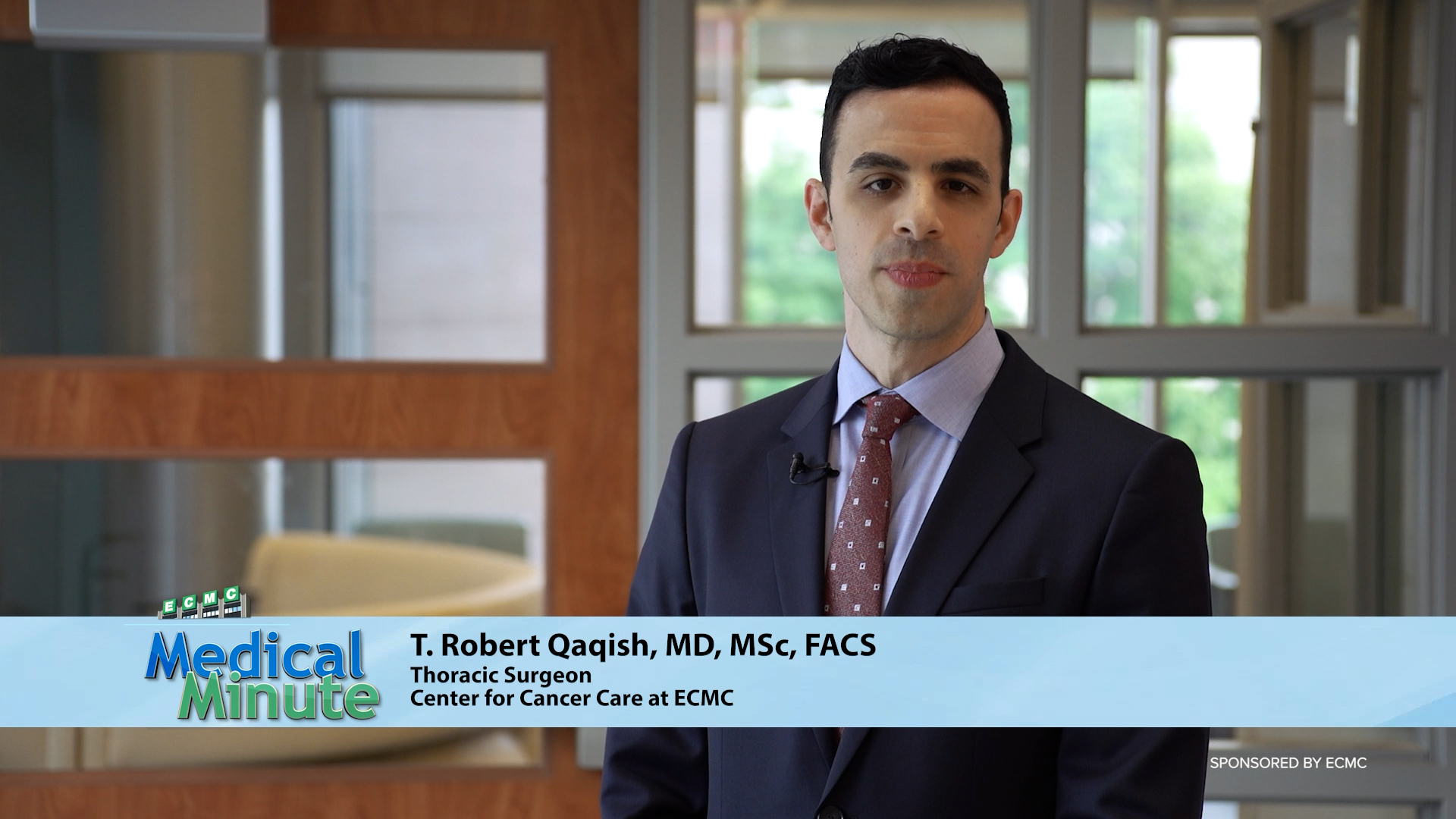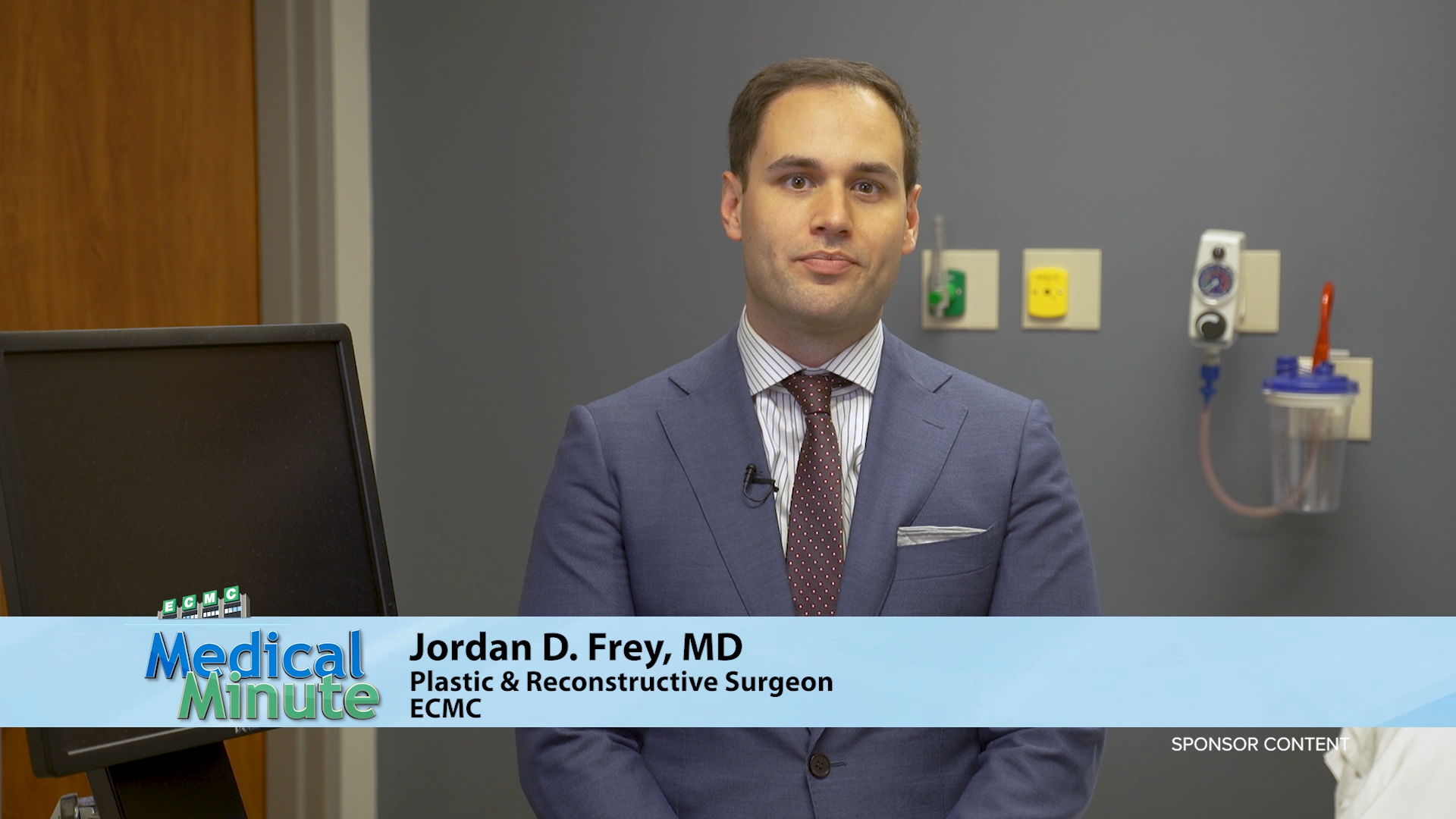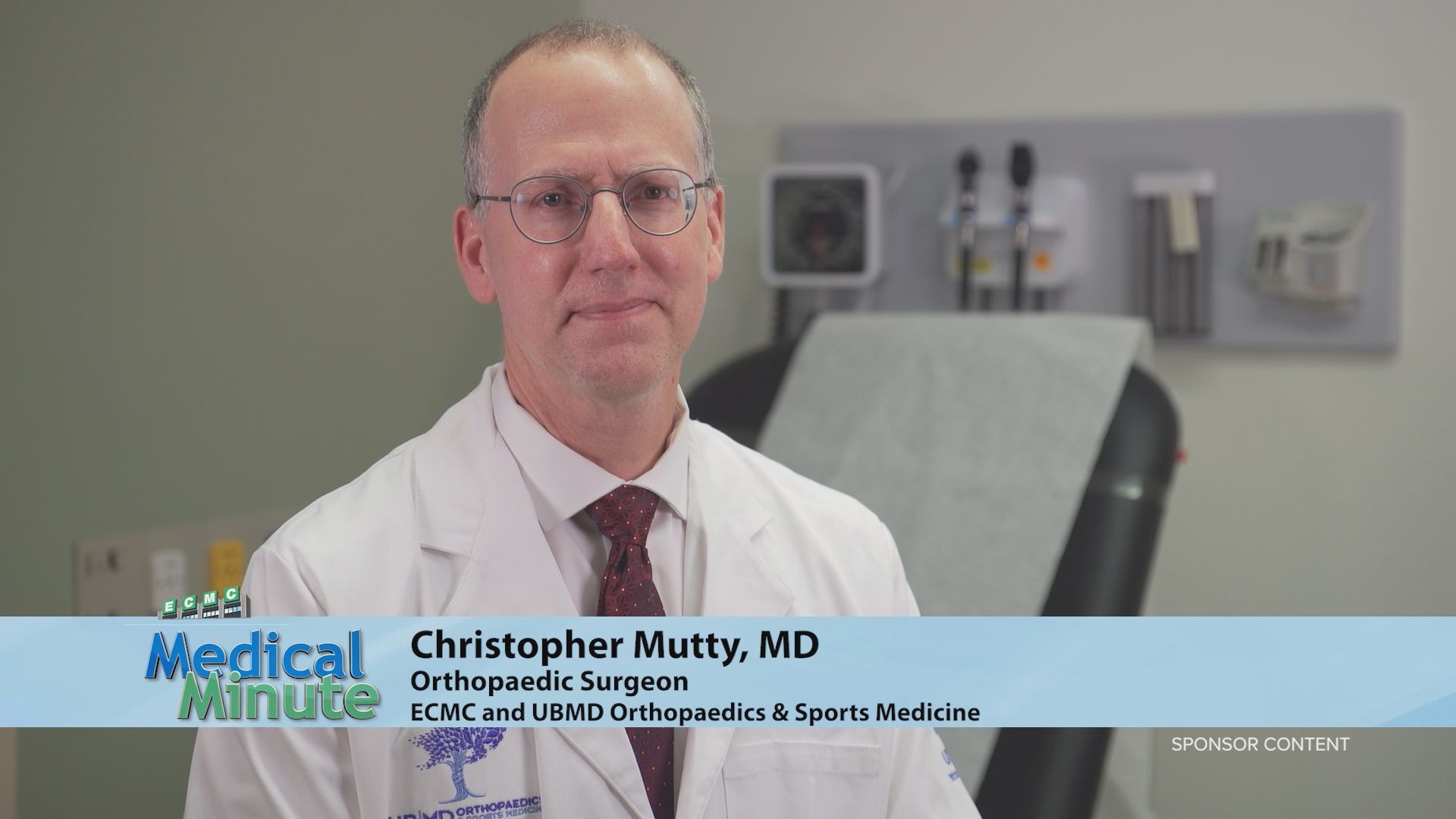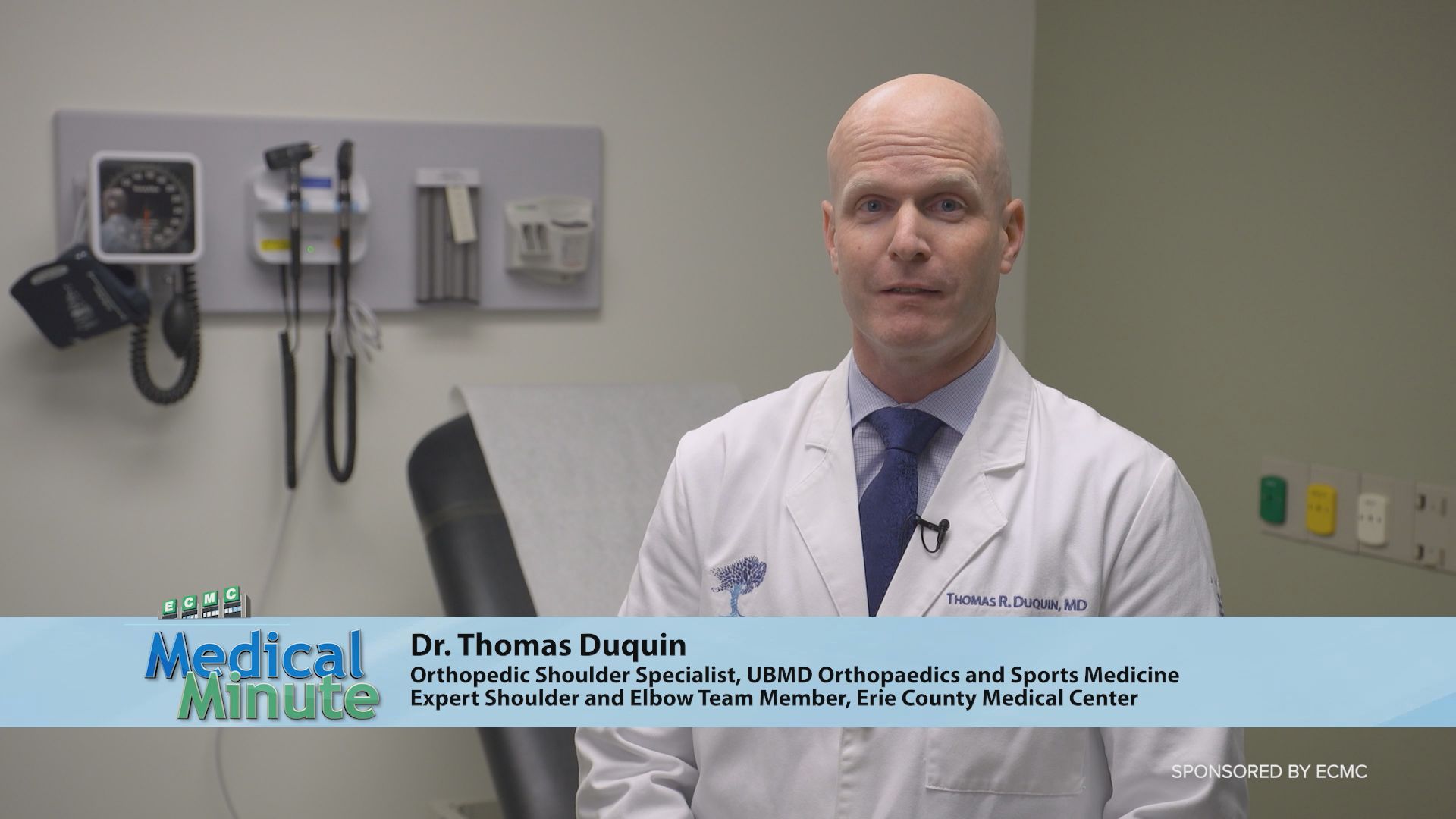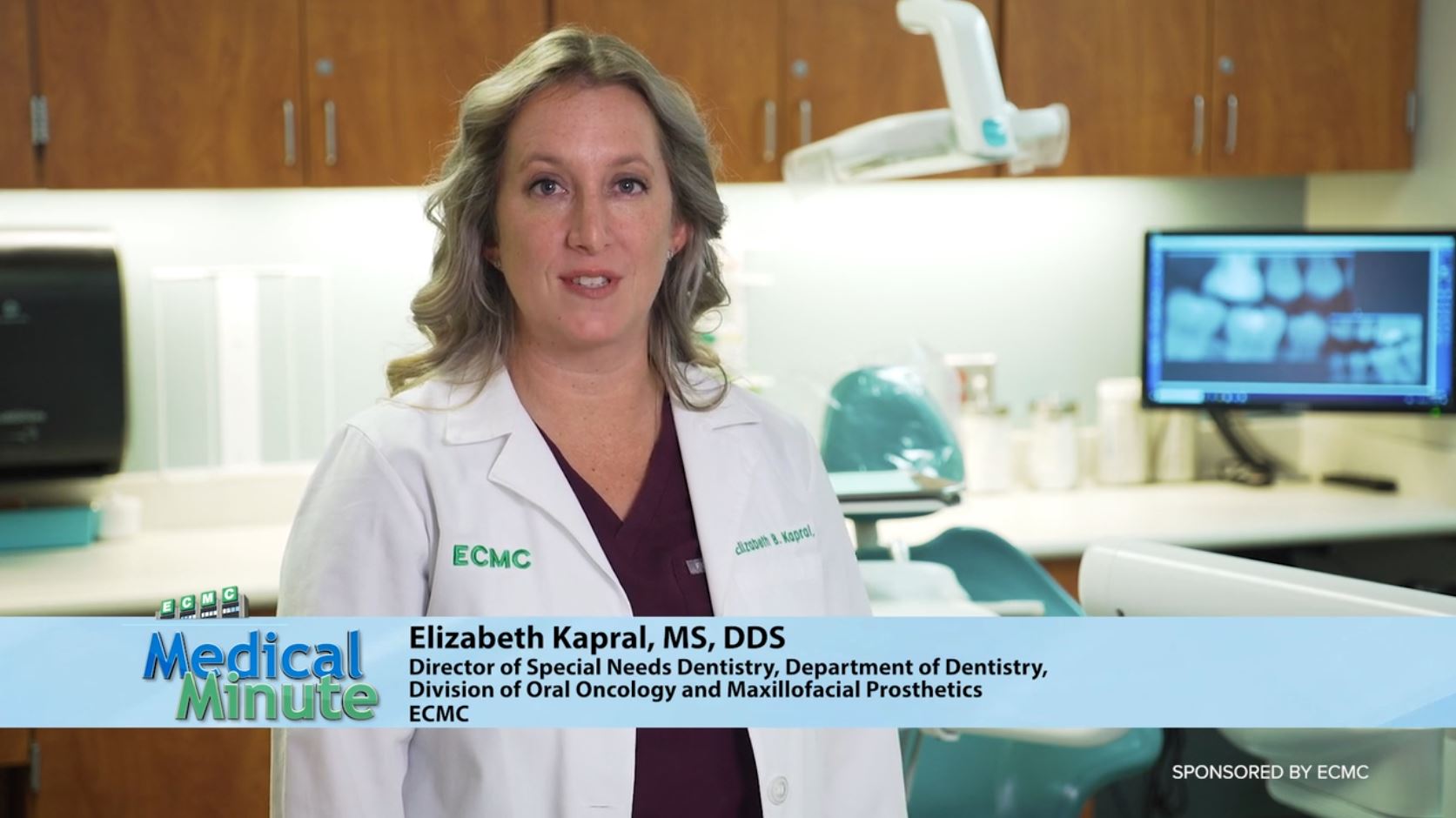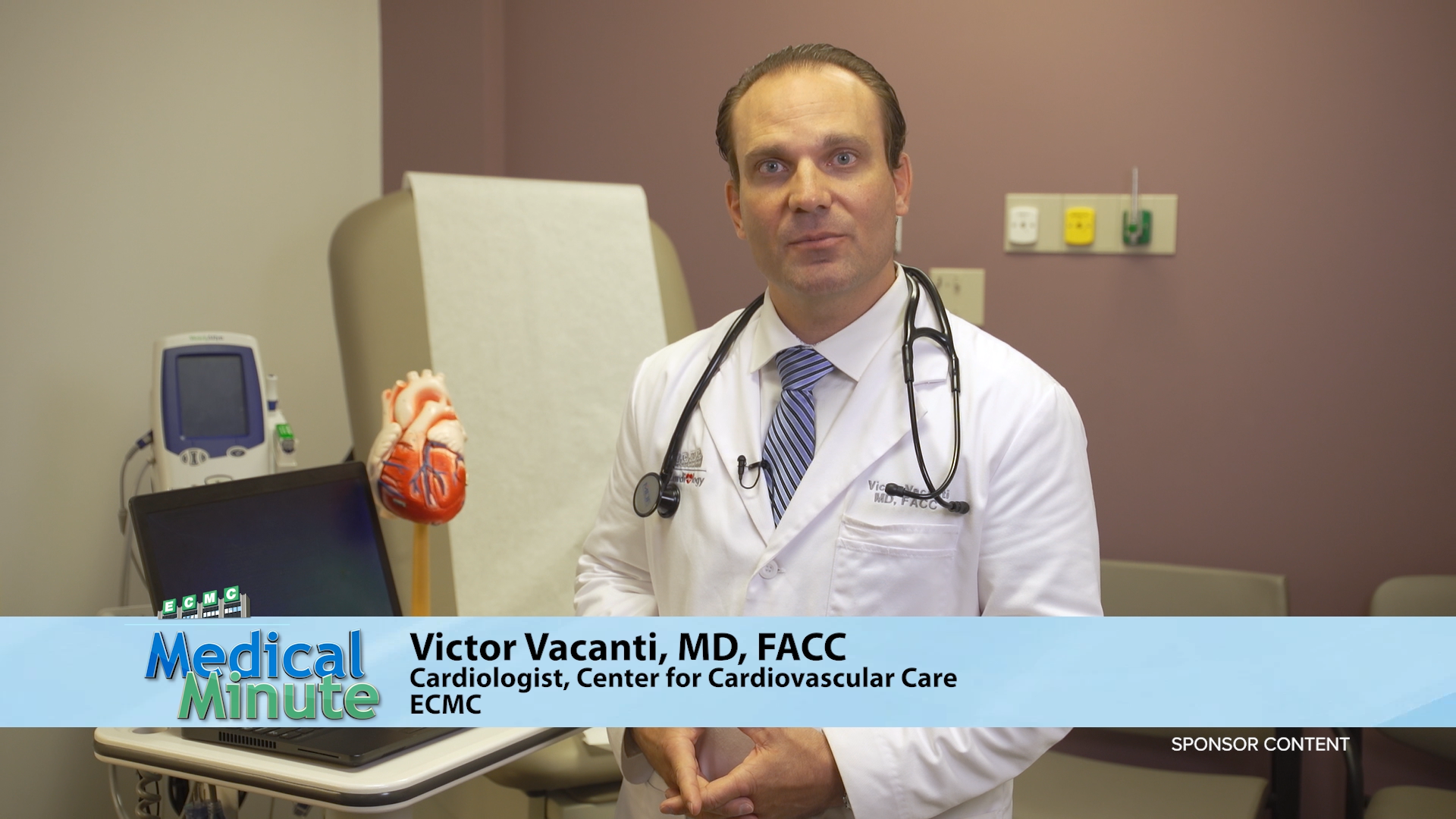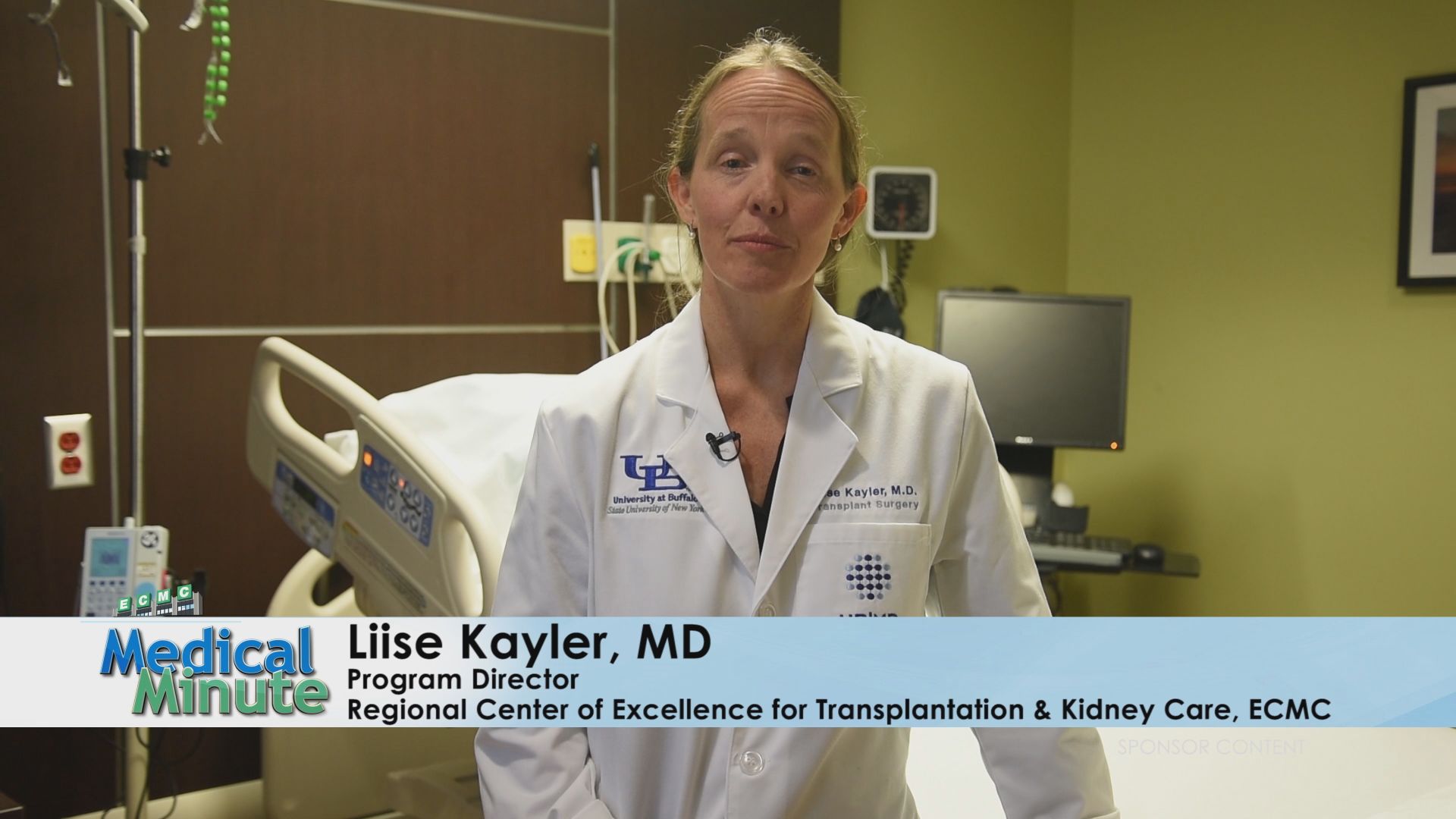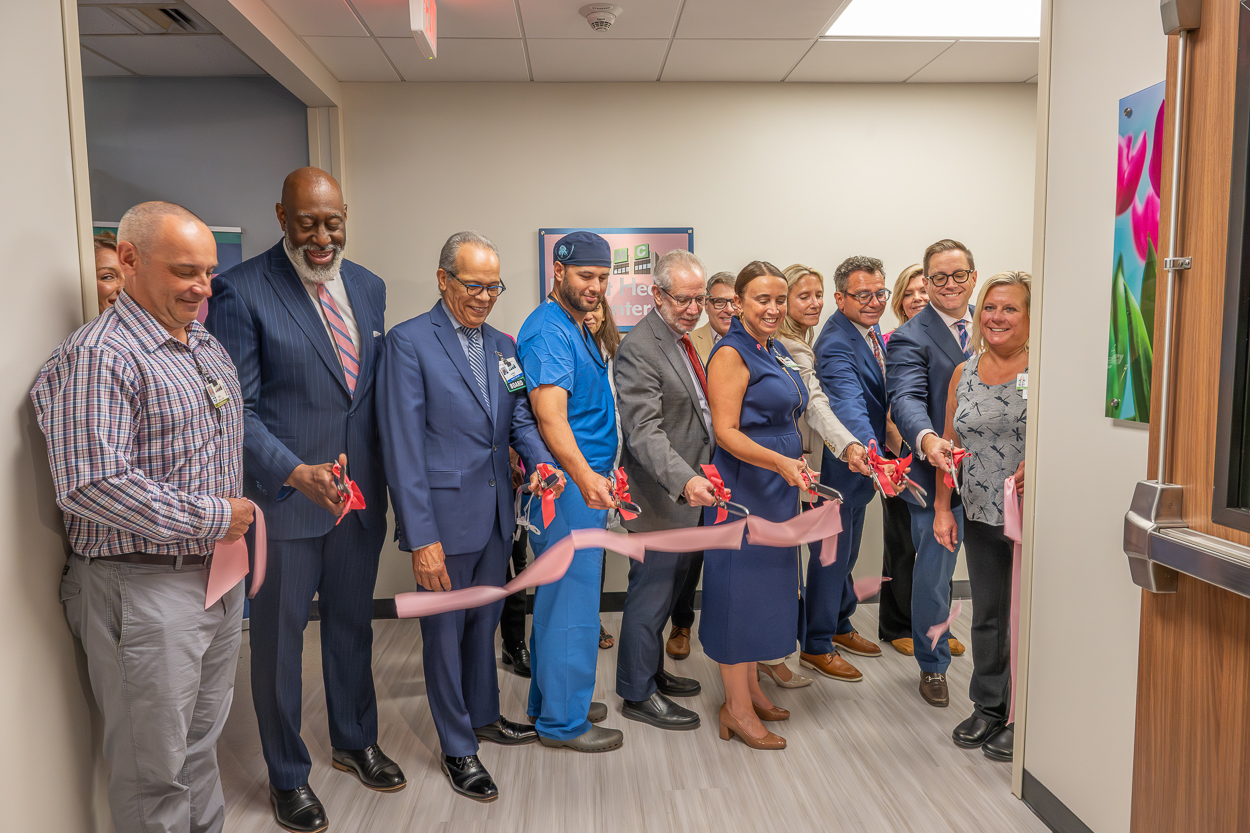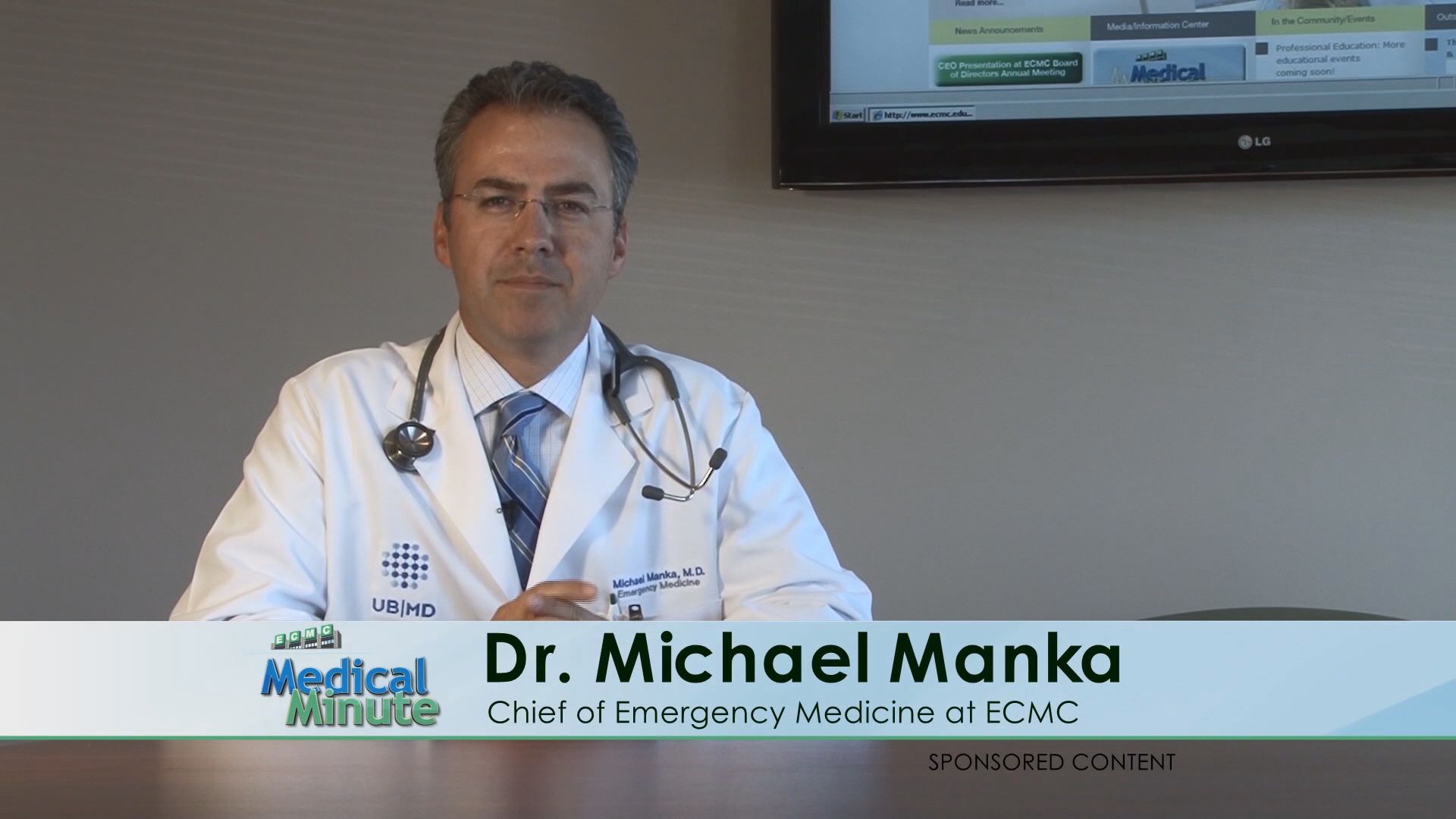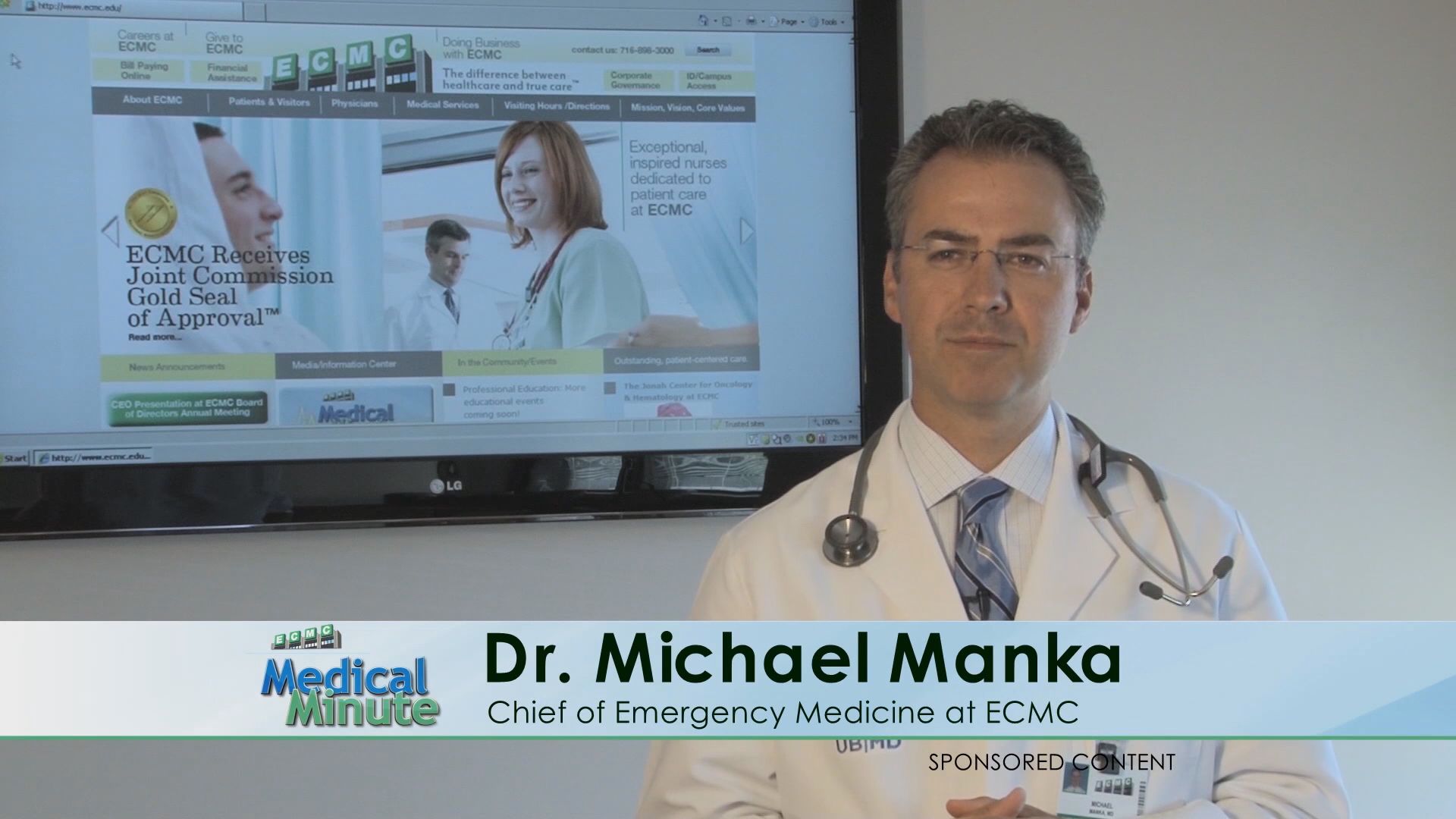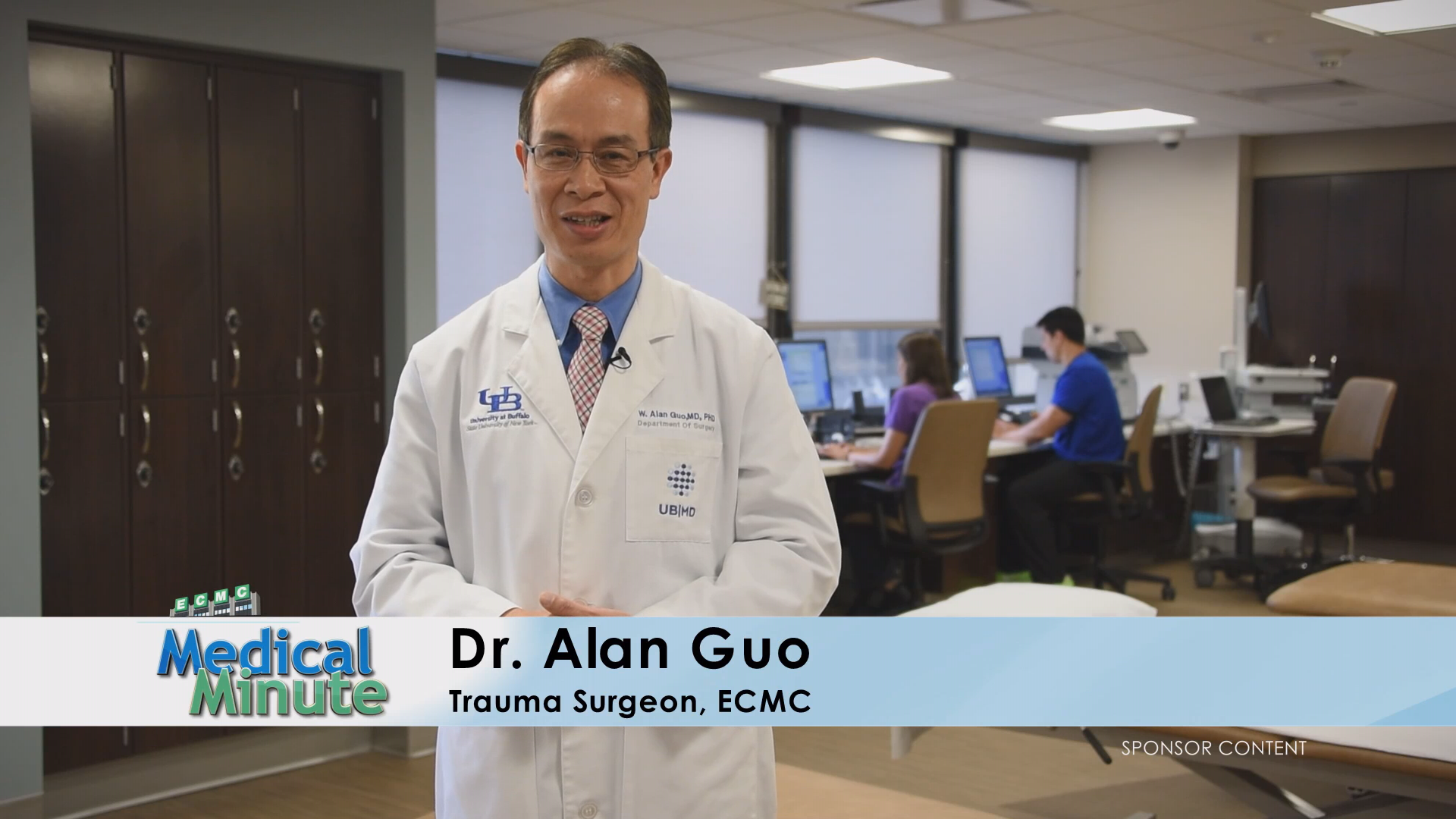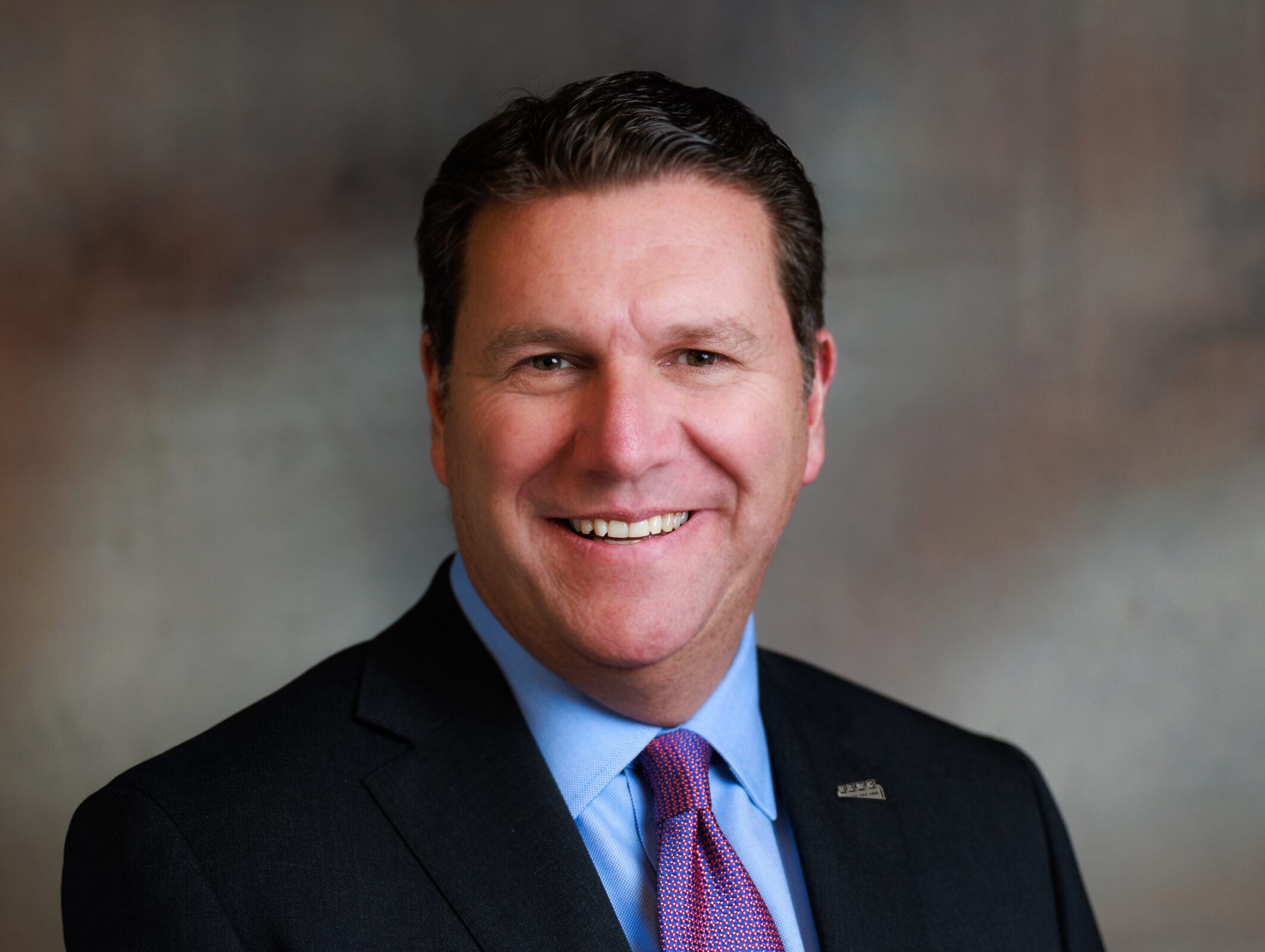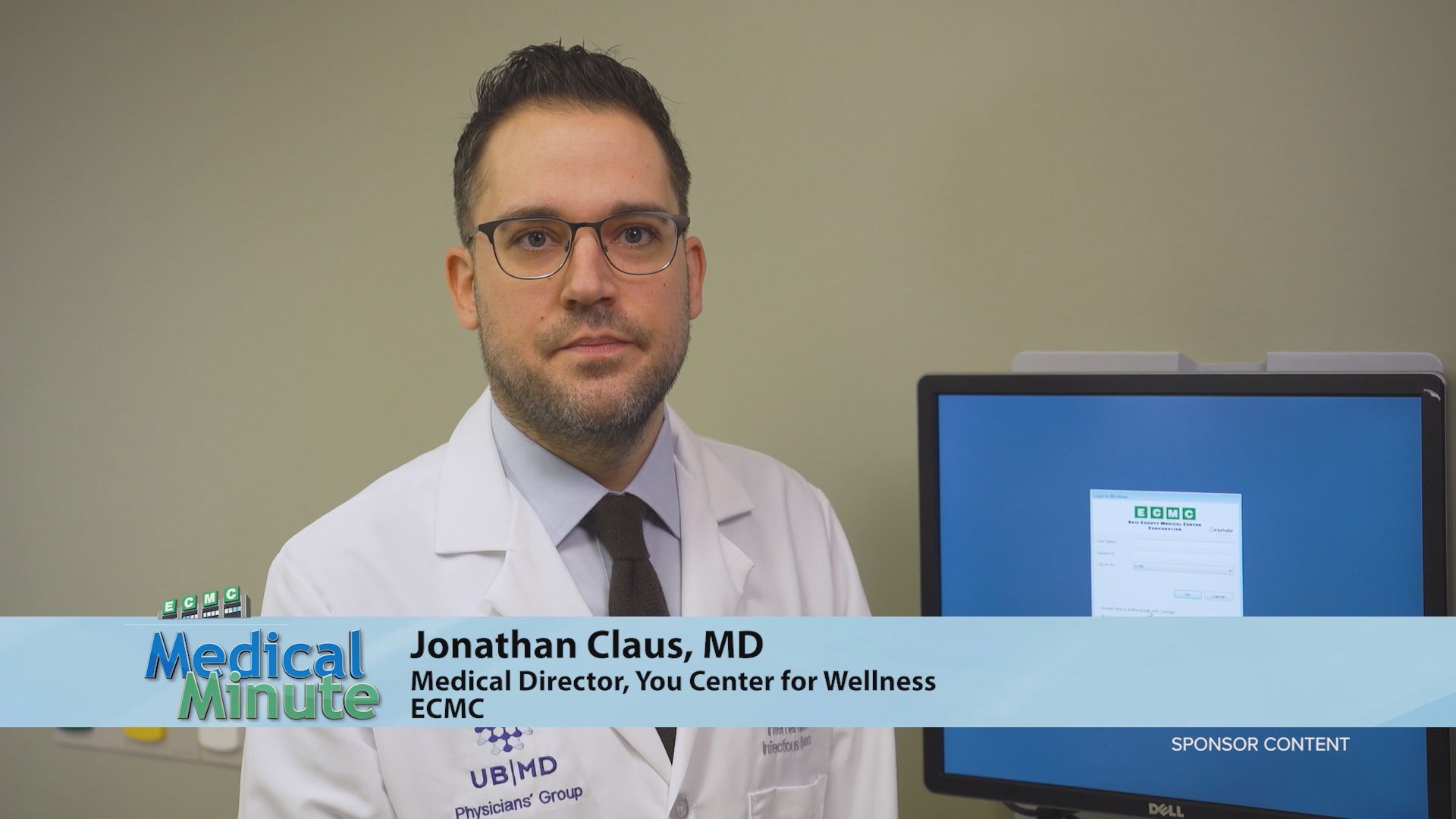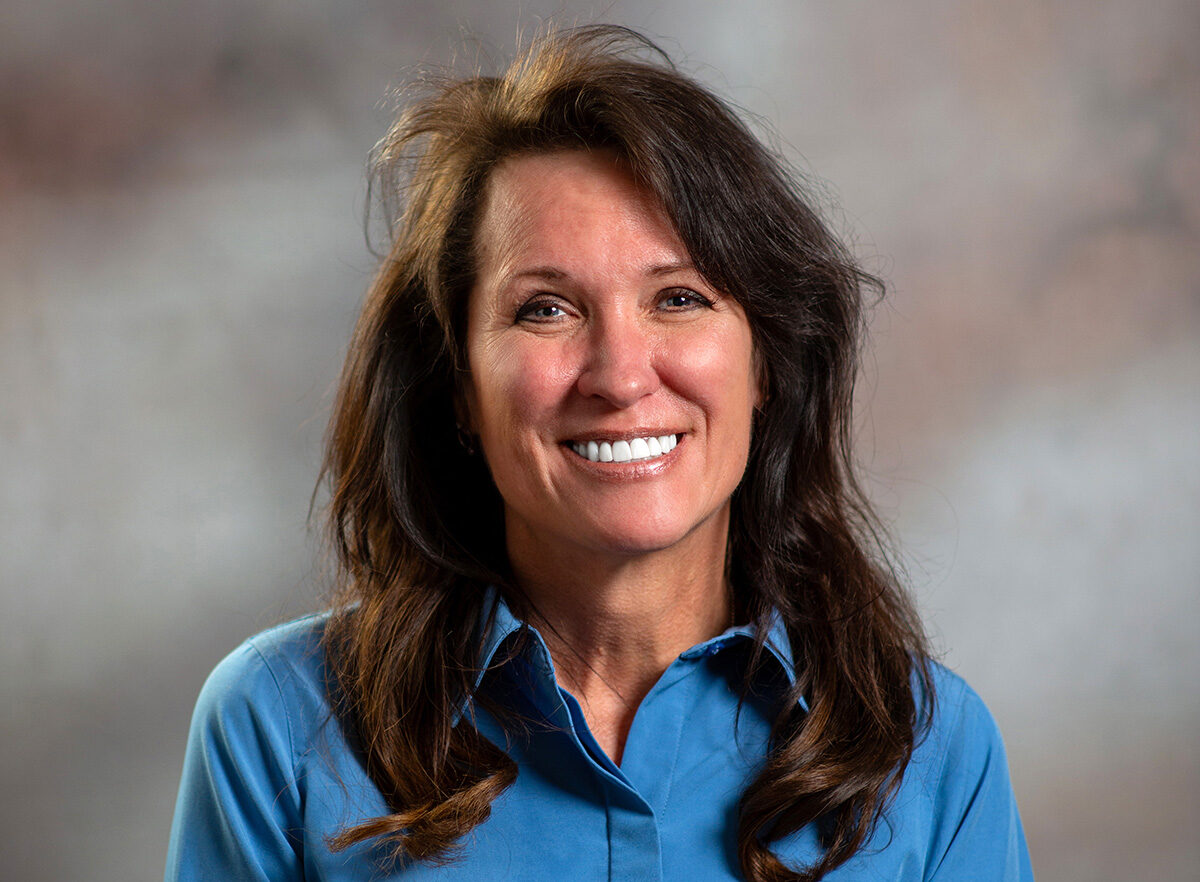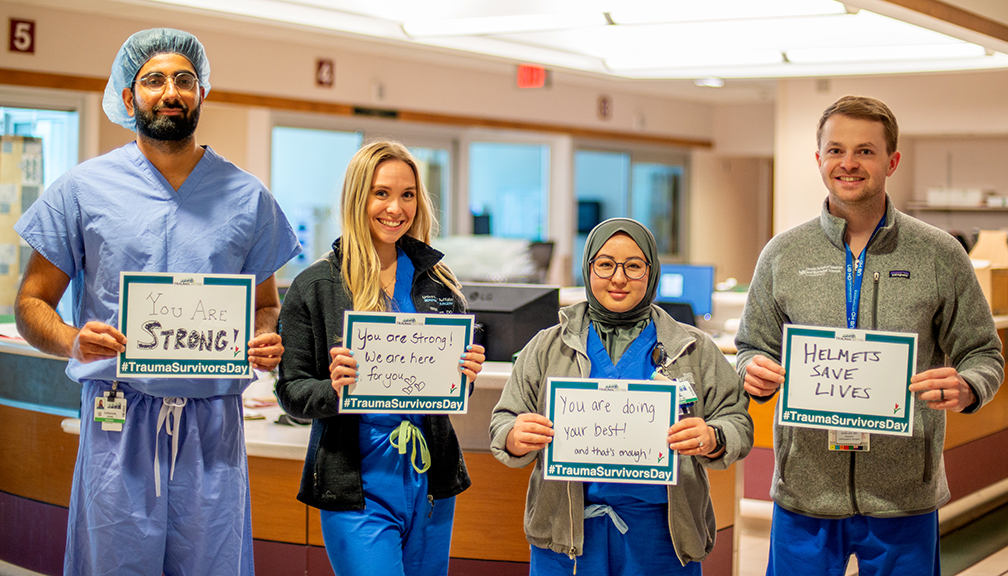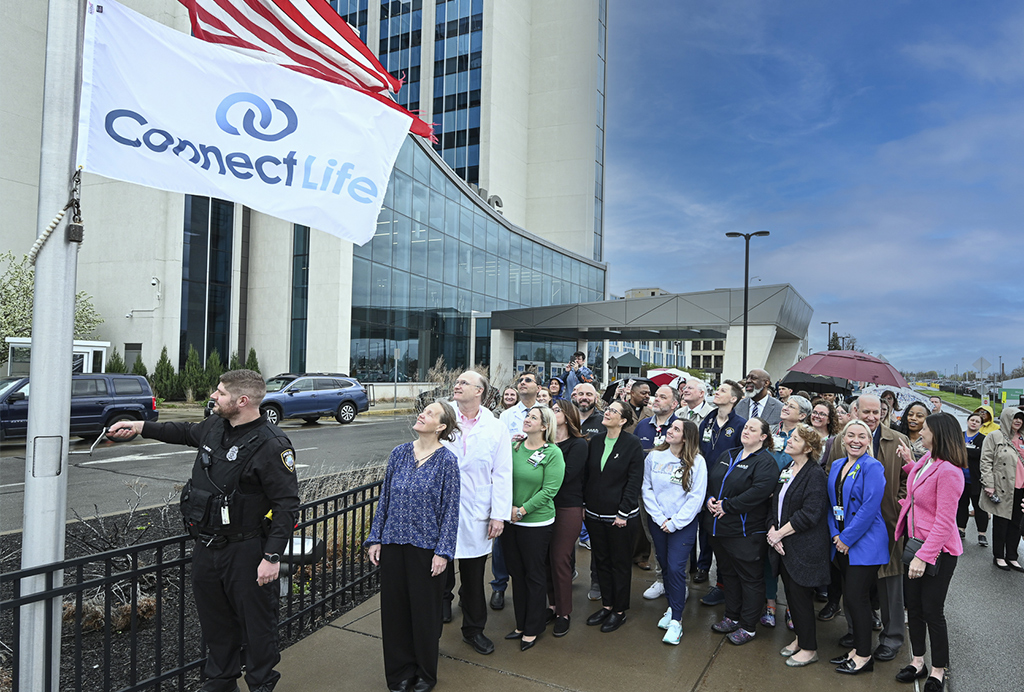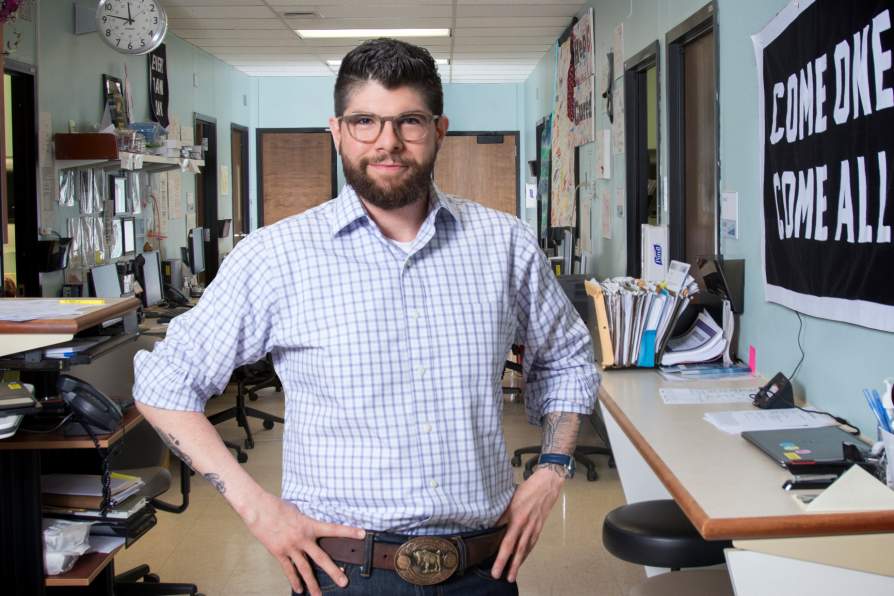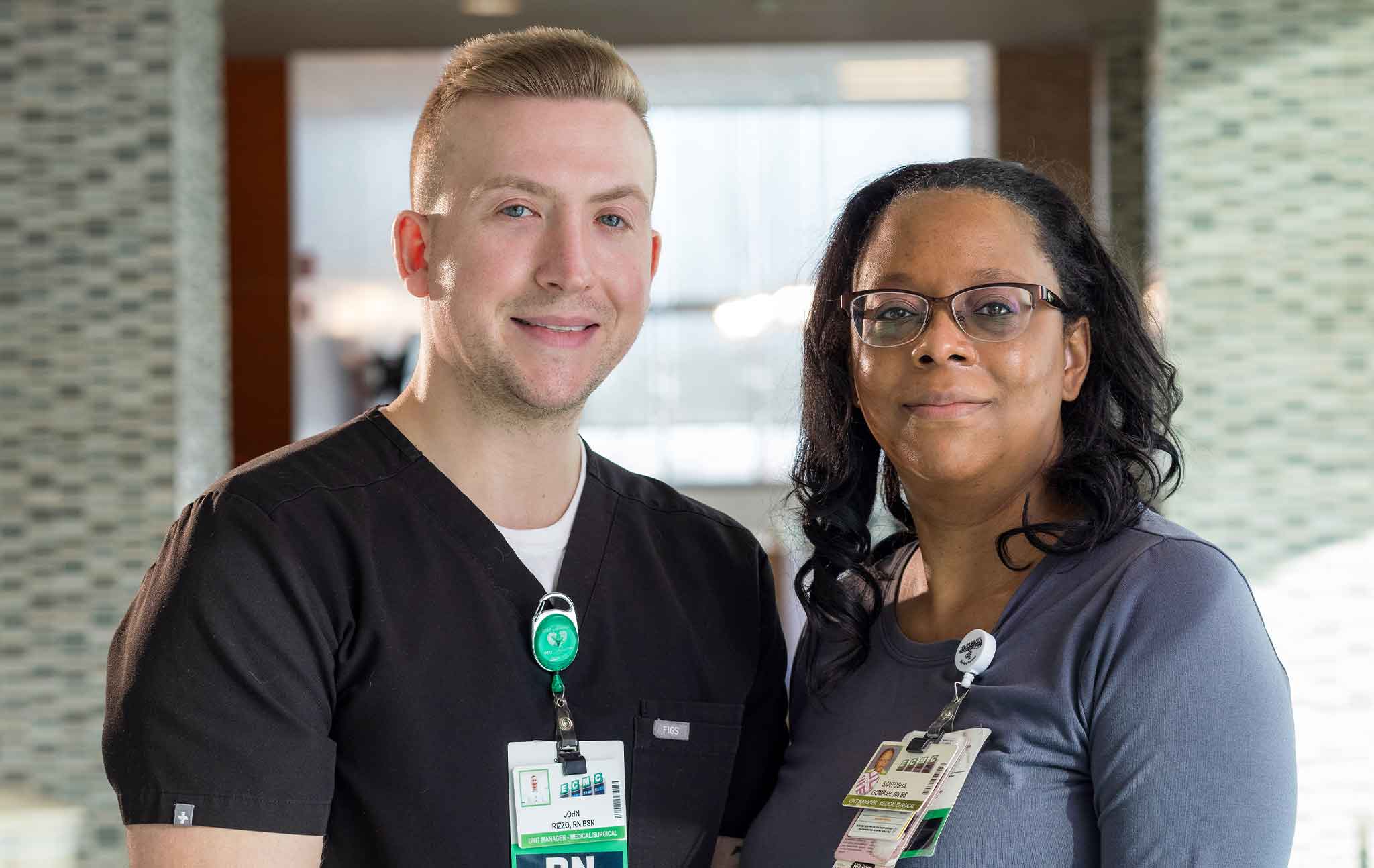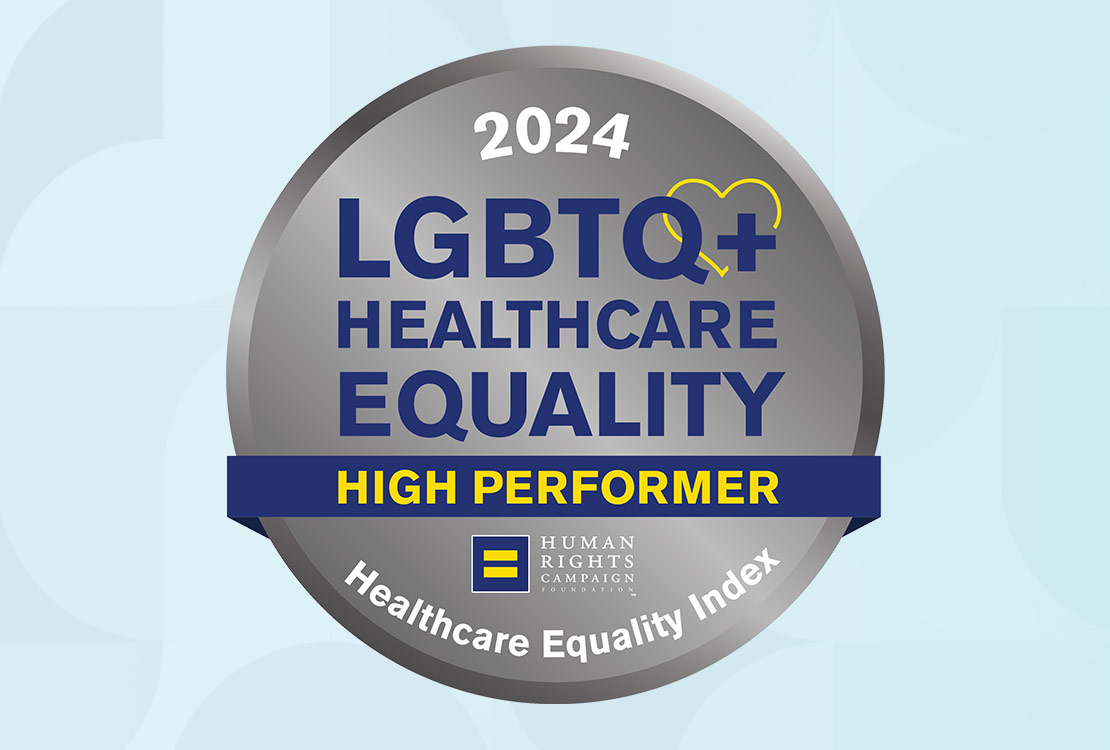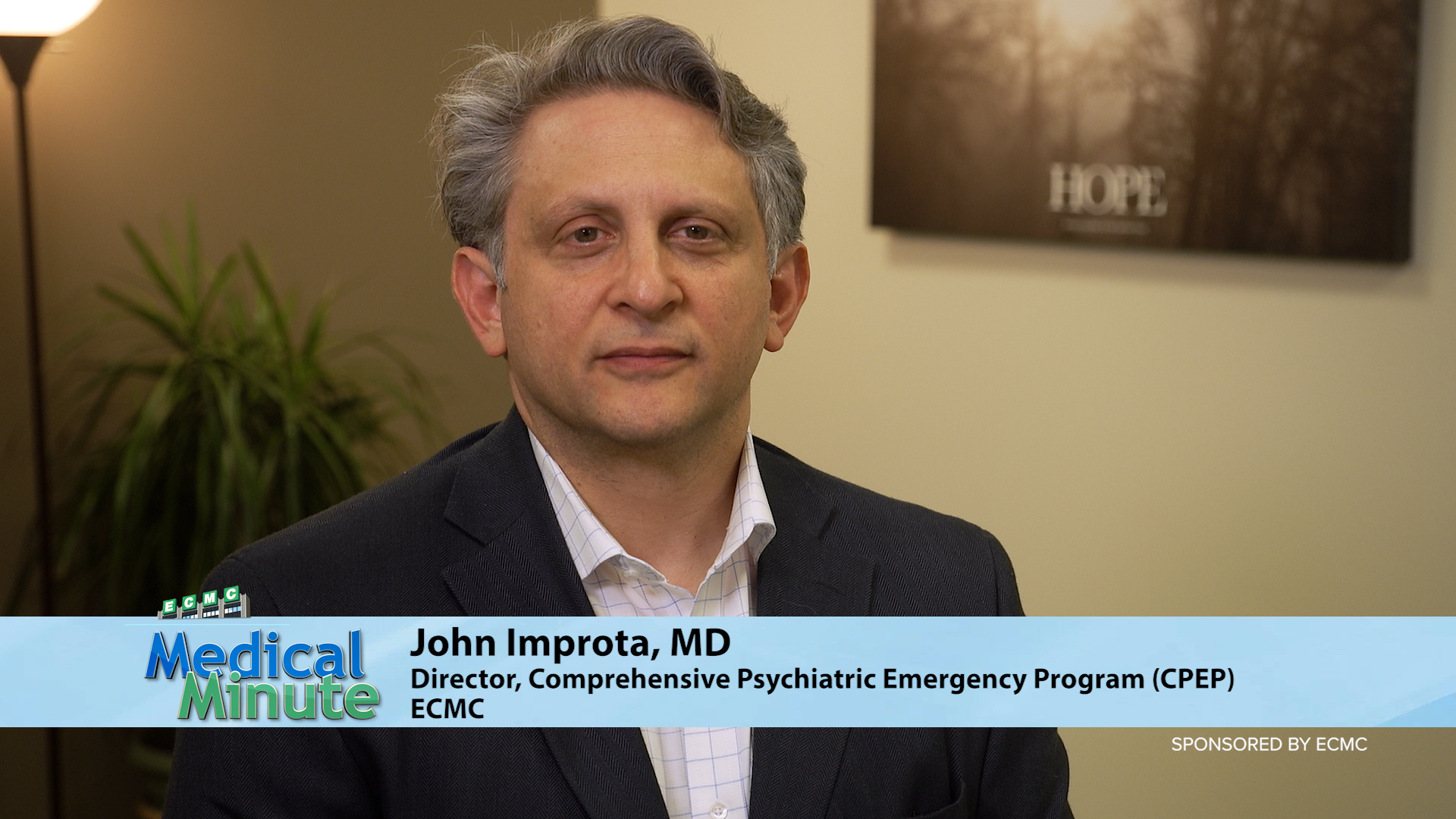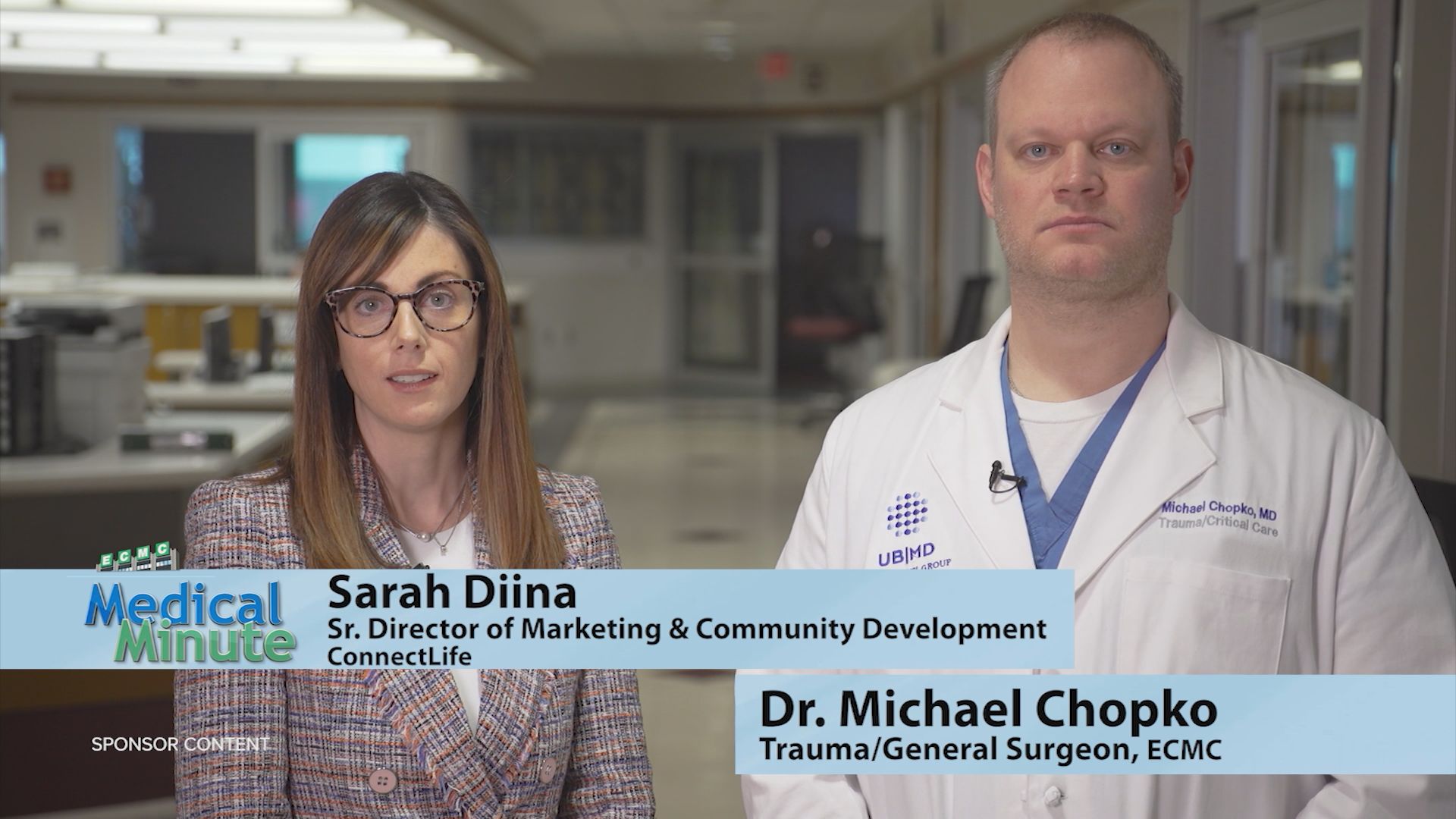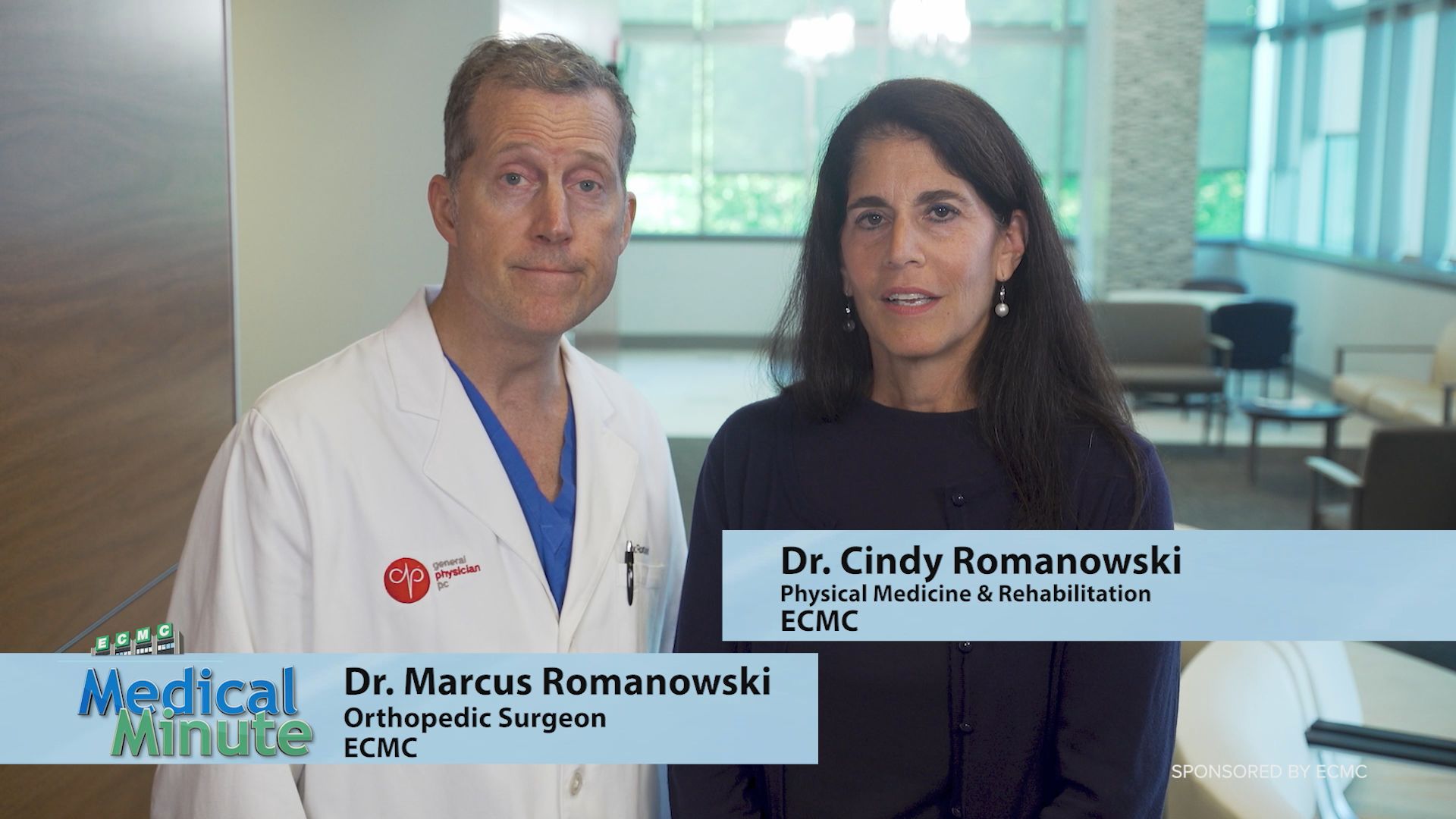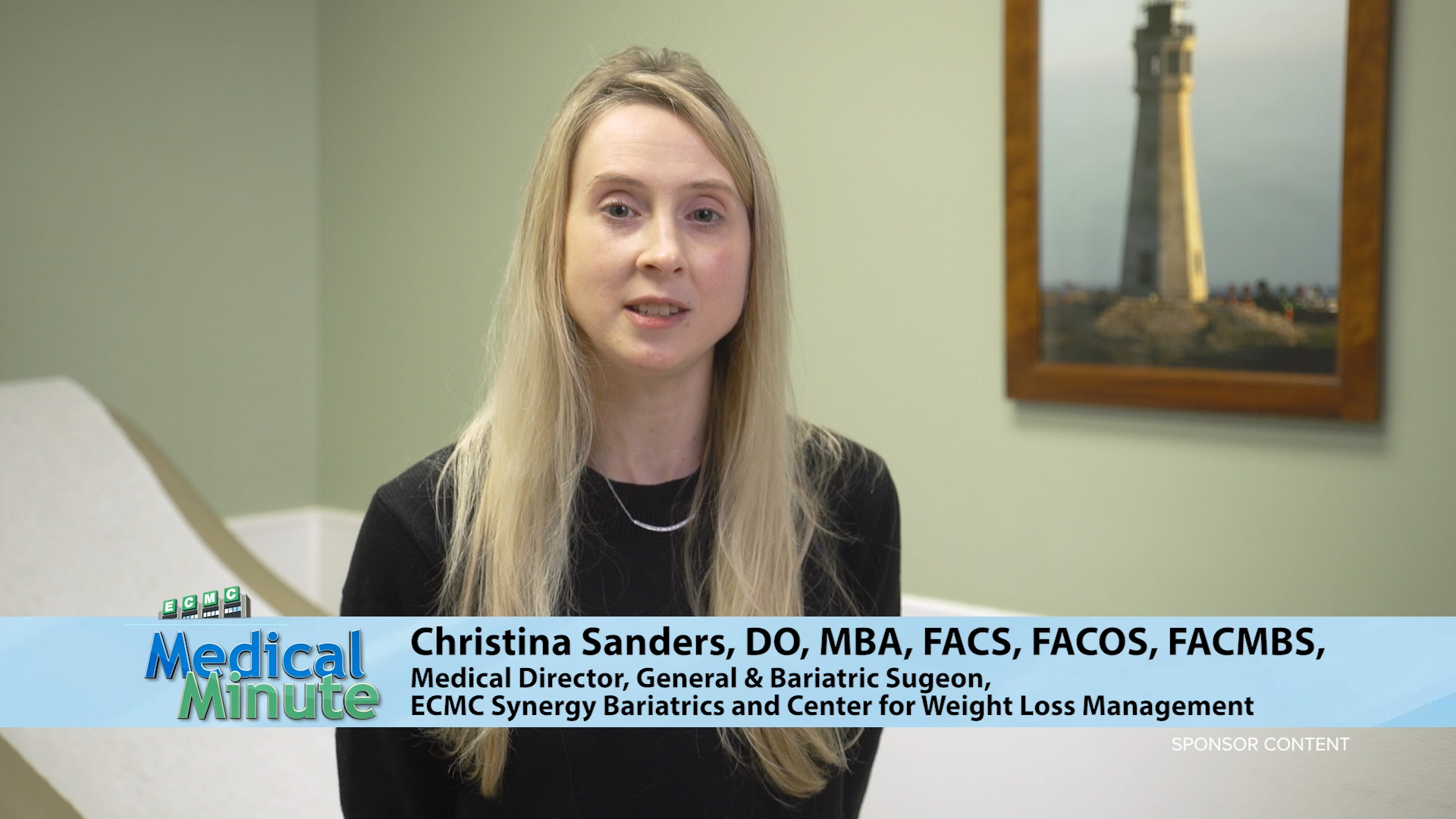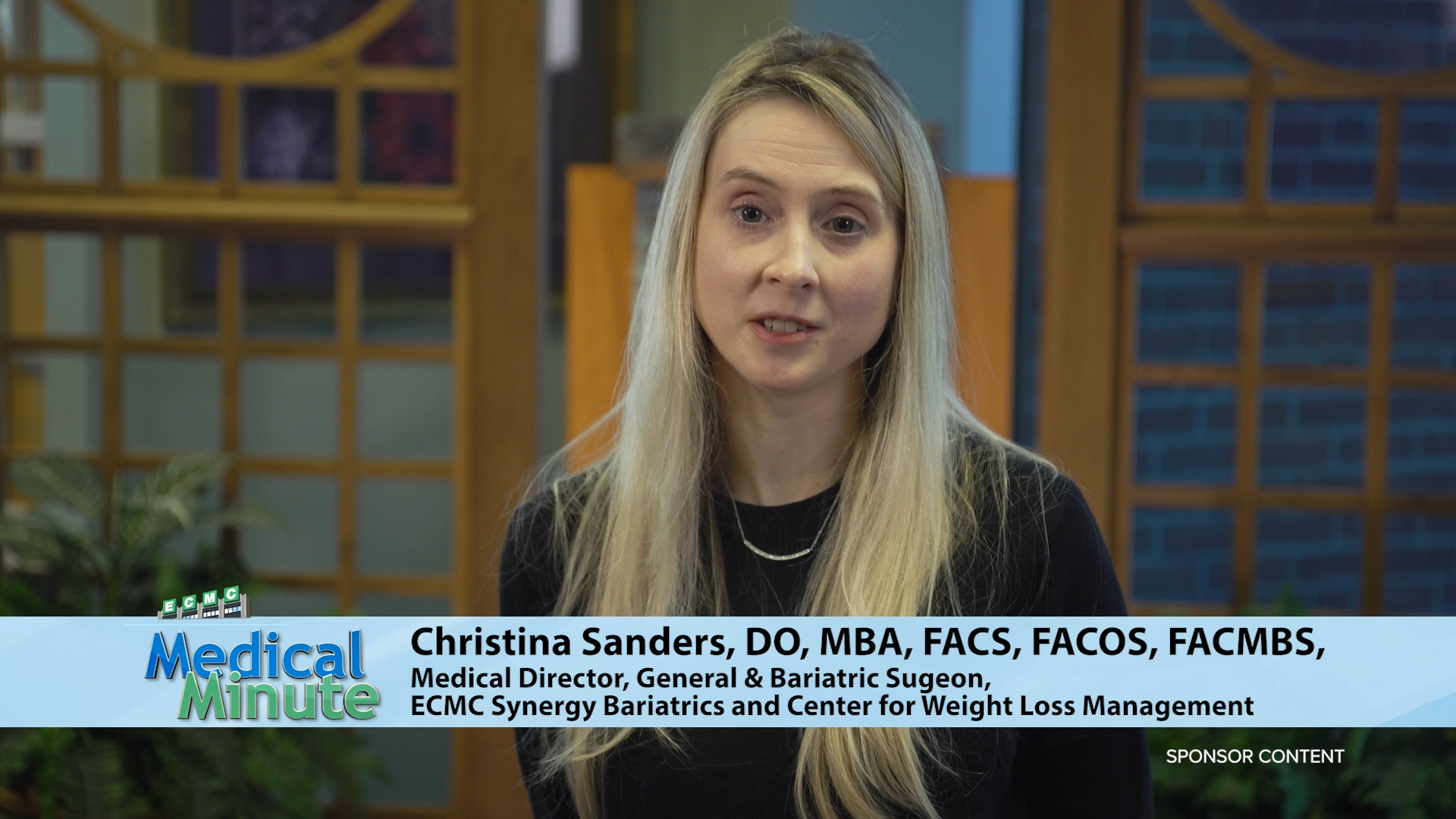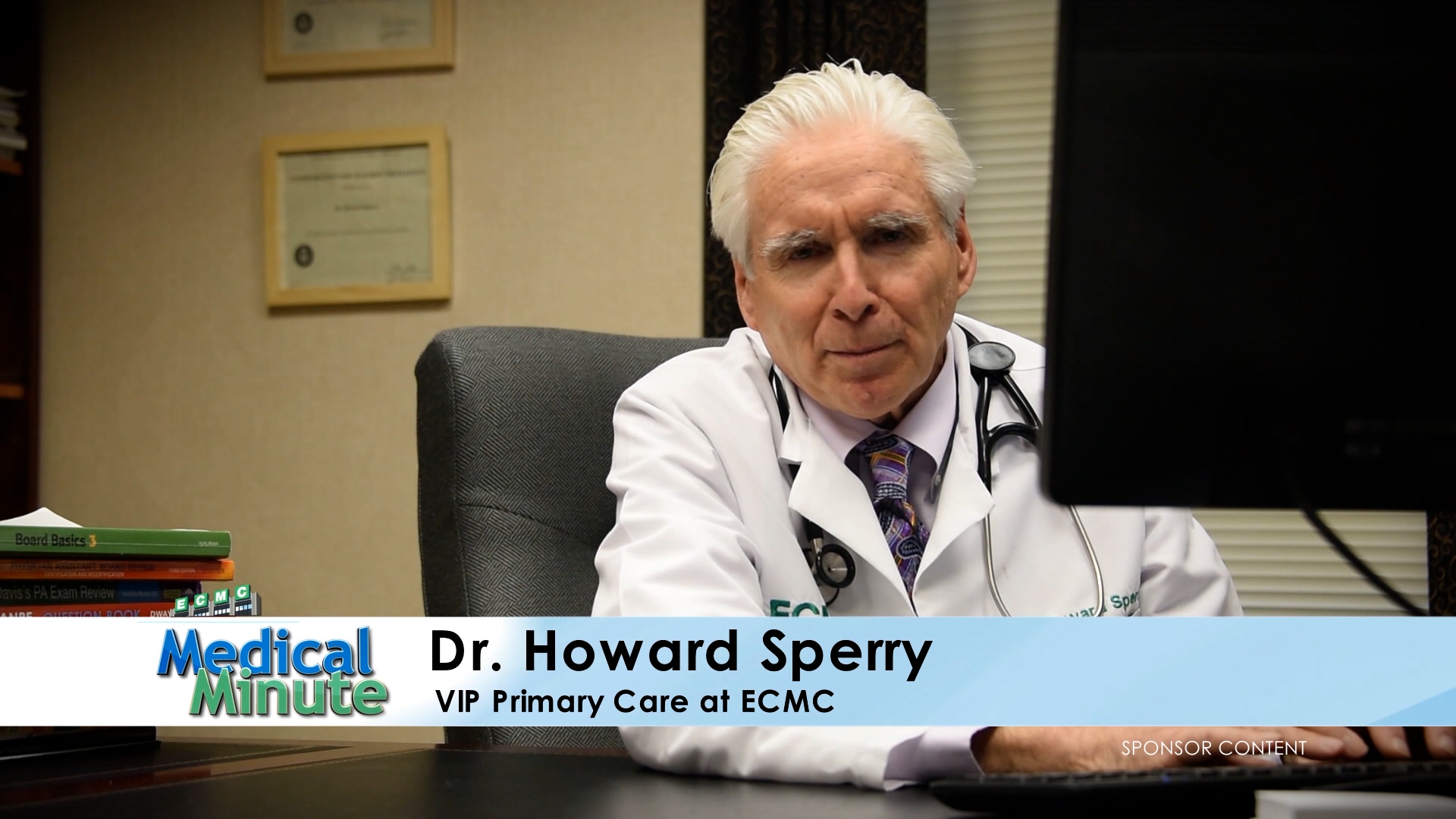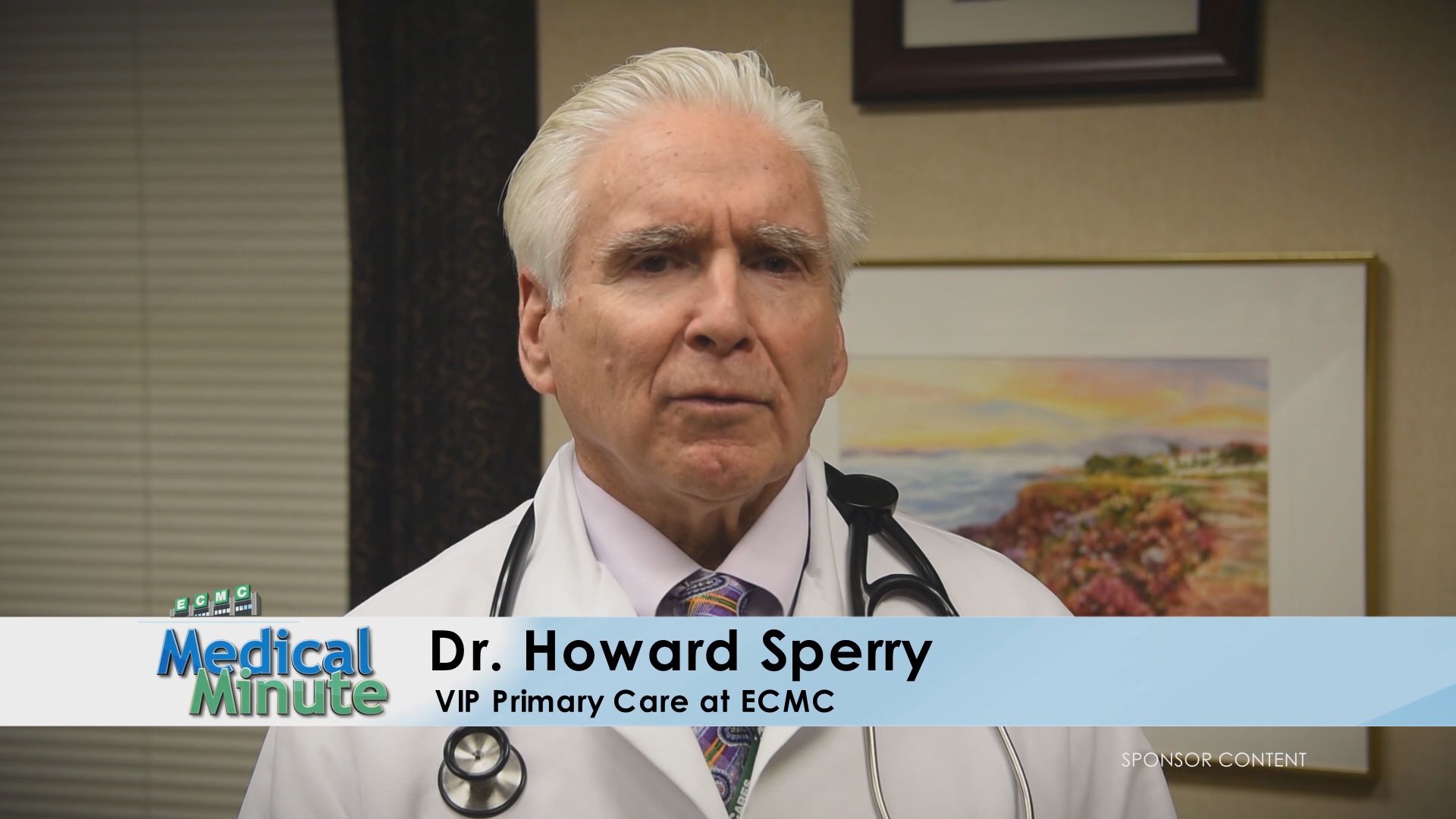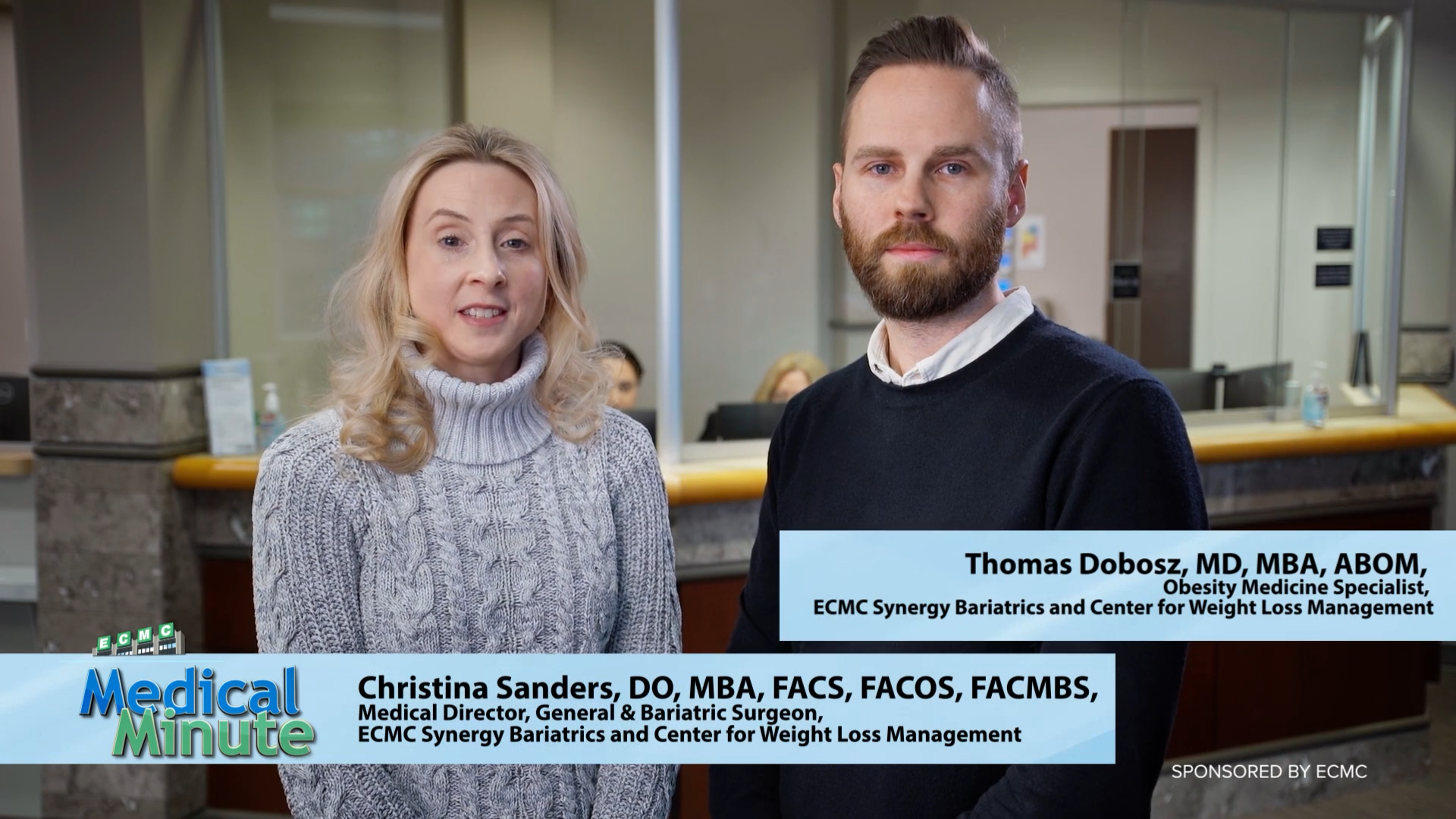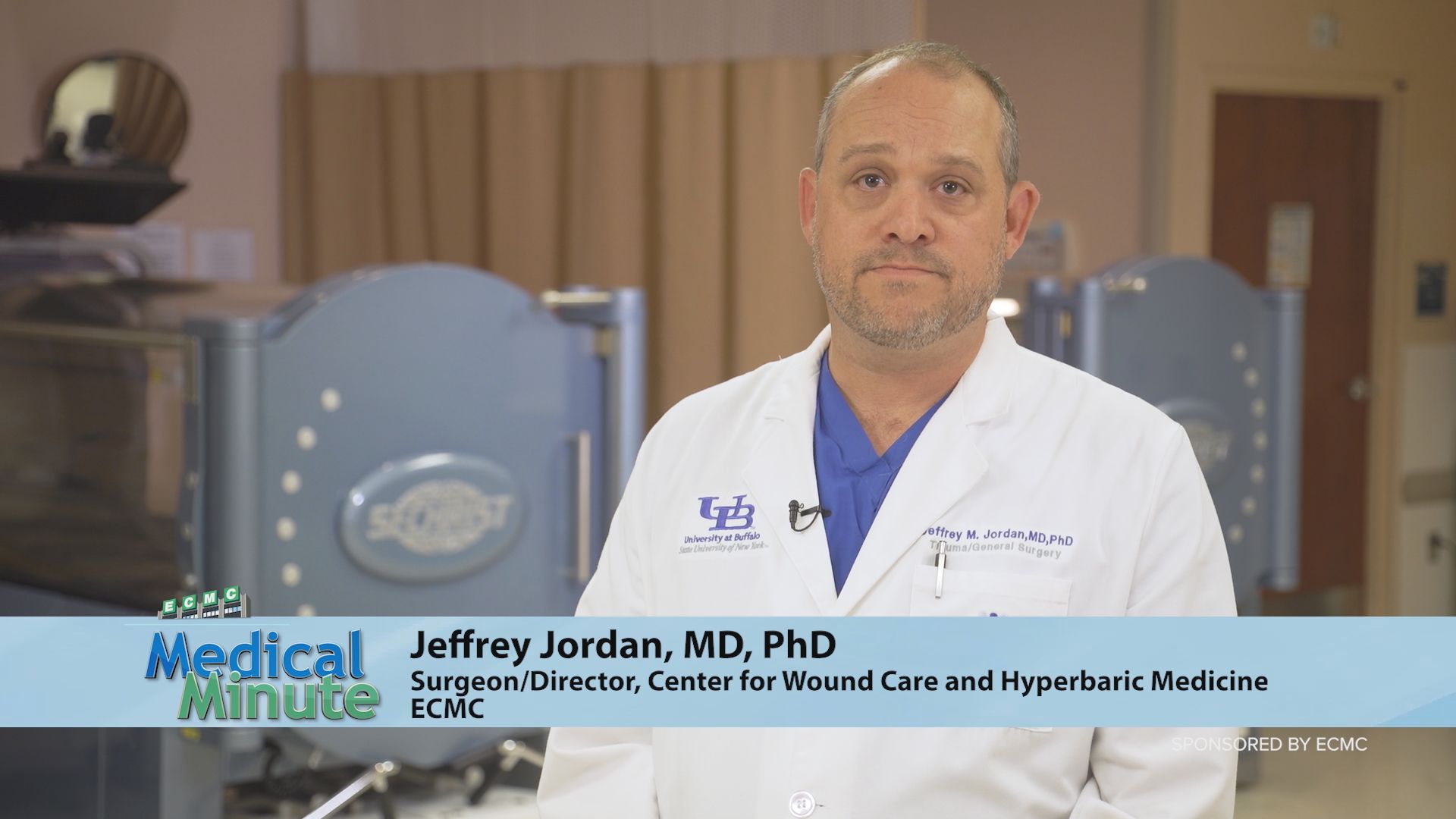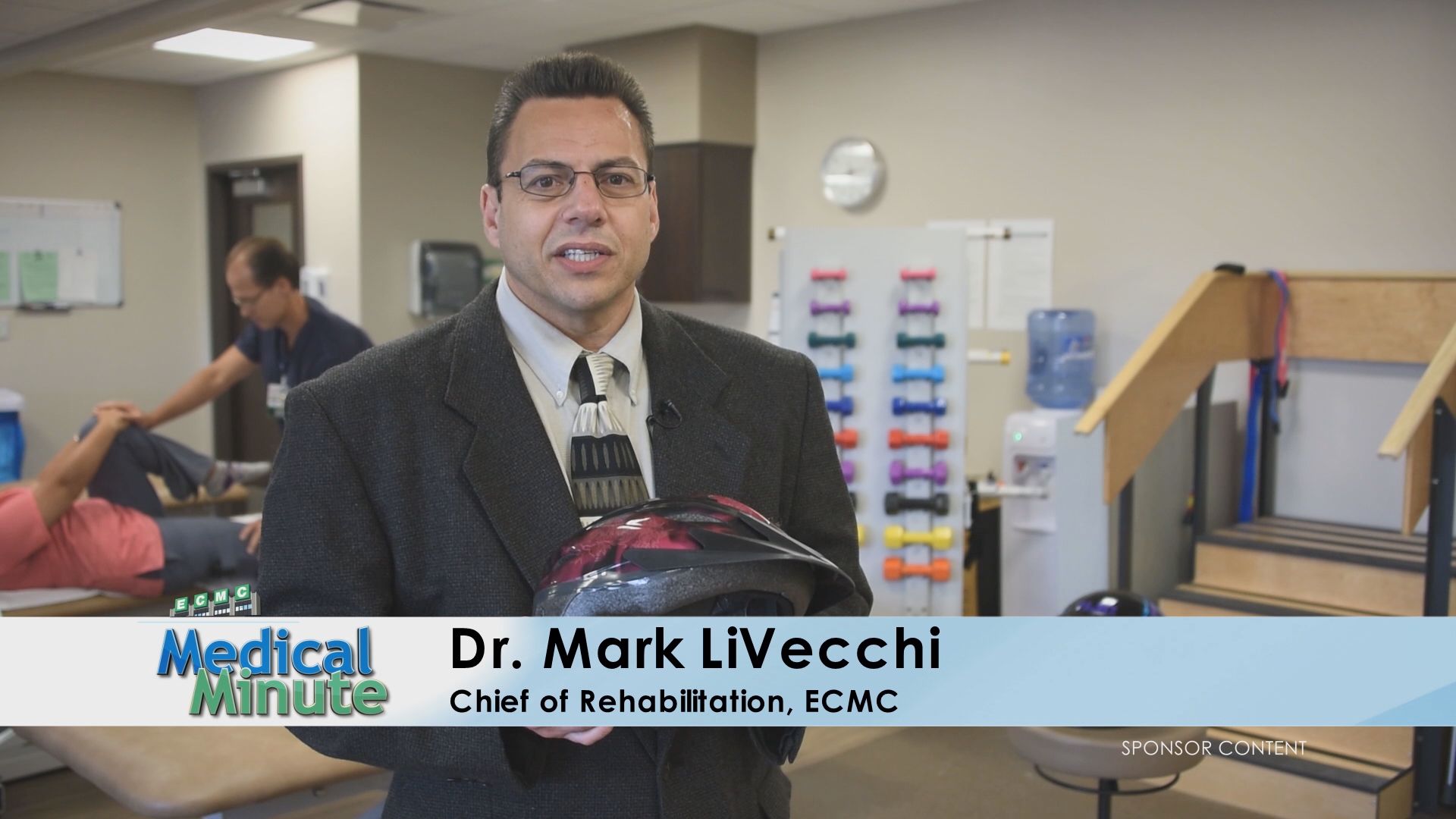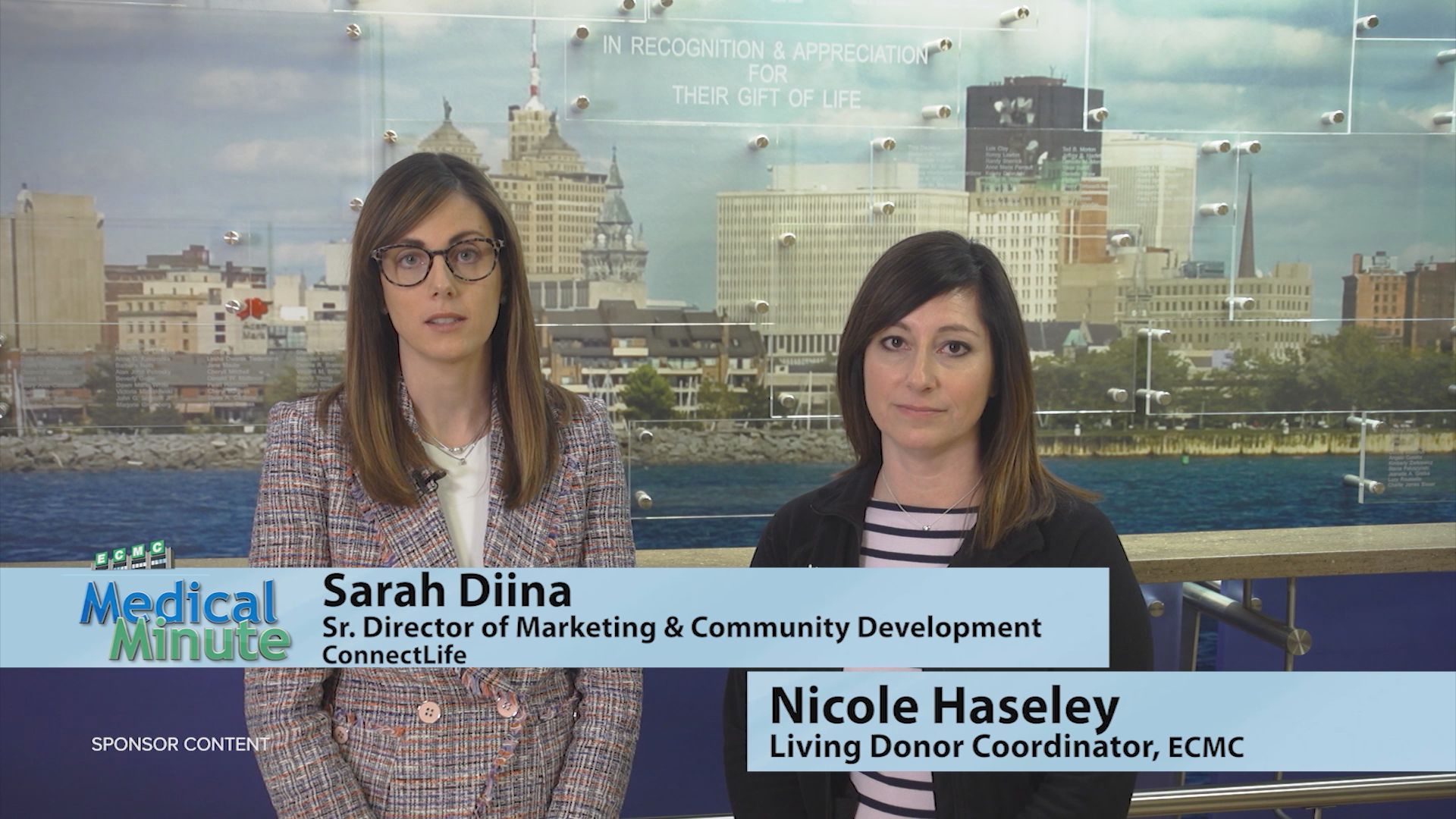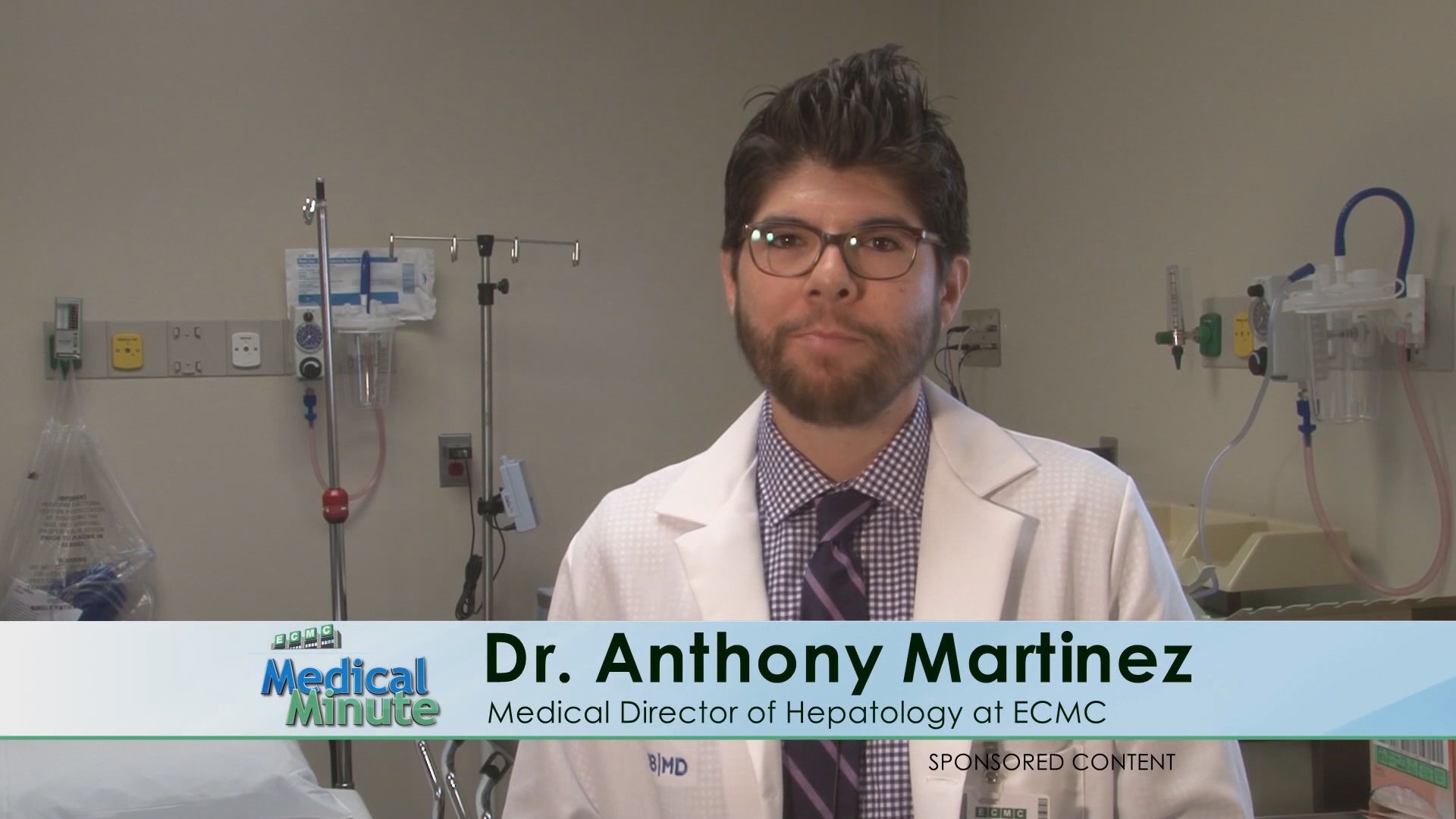News & Media | December 10, 2024
American Association of Critical-Care Nurses recognizes ECMC’s Medical Intensive Care Units North and South with gold Beacon Award for Excellence BUFFALO, NEW YORK – ECMC’s Medical Intensive Care Units (MICU) North and South were each recently recognized by the American Association of Critical-Care Nurses (AACN) with a gold-level Beacon Award for Excellence.
Read More
Sorry, no results match your criteria.
News & Media |December 24, 2025
News & Media |December 23, 2025
Medical Minutes |December 22, 2025
Medical Minutes |December 15, 2025
News & Media |December 8, 2025
Medical Minutes |December 8, 2025
News & Media |December 5, 2025
Medical Minutes |December 1, 2025
Uncategorized |November 26, 2025
Medical Minutes |November 24, 2025
News & Media |November 20, 2025
News & Media |November 19, 2025
Medical Minutes |November 17, 2025
Medical Minutes |November 11, 2025
Medical Minutes |November 3, 2025
Medical Minutes |October 27, 2025
News & Media |October 24, 2025
Medical Minutes |October 20, 2025
Medical Minutes |October 14, 2025
Medical Minutes |October 7, 2025
Medical Minutes |September 22, 2025
Medical Minutes |September 15, 2025
Medical Minutes |September 8, 2025
News & Media |September 3, 2025
News & Media |September 3, 2025
Medical Minutes |September 1, 2025
News & Media |August 25, 2025
News & Media |August 25, 2025
Medical Minutes |August 25, 2025
Medical Minutes |August 18, 2025
News & Media |August 13, 2025
News & Media |August 12, 2025
Medical Minutes |August 11, 2025
Medical Minutes |August 5, 2025
News & Media |August 4, 2025
News & Media |August 4, 2025
News & Media |July 29, 2025
Medical Minutes |July 29, 2025
Medical Minutes |July 21, 2025
Medical Minutes |July 14, 2025
News & Media |July 8, 2025
Medical Minutes |July 7, 2025
News & Media |July 1, 2025
Medical Minutes |June 23, 2025
News & Media |June 13, 2025
Medical Minutes |June 10, 2025
News & Media |June 2, 2025
News & Media |May 27, 2025
Medical Minutes |May 27, 2025
News & Media |May 21, 2025
News & Media |May 13, 2025
News & Media |April 15, 2025
Our Passion: Our Patients |April 3, 2025
Our Passion: Our Patients |April 3, 2025
Our Passion: Our Patients |April 3, 2025
News & Media |April 3, 2025
News & Media |April 3, 2025
Medical Minutes |March 31, 2025
Medical Minutes |March 3, 2025
Medical Minutes |February 24, 2025
Medical Minutes |February 17, 2025
Medical Minutes |February 3, 2025
Medical Minutes |January 27, 2025
Medical Minutes |January 13, 2025
Medical Minutes |January 6, 2025
News & Media |November 22, 2024
News & Media |October 9, 2024
News & Media |October 3, 2024
News & Media |October 2, 2024
News & Media |September 24, 2024
News & Media |September 18, 2024
News & Media |September 17, 2024
News & Media |September 11, 2024
News & Media |June 13, 2024
News & Media |June 13, 2024
News & Media |May 21, 2024
Medical Minutes |May 20, 2024
Medical Minutes |April 29, 2024
News & Media |April 22, 2024
Medical Minutes |April 15, 2024
Medical Minutes |April 8, 2024
News & Media |March 28, 2024
Medical Minutes |March 25, 2024
Medical Minutes |March 18, 2024
News & Media |March 15, 2024
News & Media |March 5, 2024
Medical Minutes |March 4, 2024
Medical Minutes |February 12, 2024
Medical Minutes |February 5, 2024
Medical Minutes |January 22, 2024
Medical Minutes |January 15, 2024
Medical Minutes |January 8, 2024
Medical Minutes |January 1, 2024
ECMC Commercials |December 1, 2023
Medical Minutes |November 20, 2023
Medical Minutes |October 30, 2023
Medical Minutes |October 16, 2023
News & Media |October 6, 2023
Medical Minutes |September 25, 2023
Medical Minutes |September 4, 2023
News & Media |August 1, 2023
News & Media |July 27, 2023
News & Media |July 27, 2023
News & Media |July 24, 2023
News & Media |July 17, 2023
News & Media |July 17, 2023
Medical Minutes |July 17, 2023
Medical Minutes |May 29, 2023
ECMC Commercials |May 24, 2023
ECMC Commercials |May 24, 2023
Medical Minutes |May 22, 2023
Medical Minutes |May 15, 2023
ECMC Commercials |May 1, 2023
Medical Minutes |April 10, 2023
Medical Minutes |April 3, 2023
Medical Minutes |March 27, 2023
Medical Minutes |March 13, 2023
News & Media |March 10, 2023
News & Media |February 28, 2023
Medical Minutes |February 27, 2023
Medical Minutes |February 20, 2023
Medical Minutes |February 13, 2023
News & Media |January 27, 2023
Medical Minutes |January 23, 2023
Medical Minutes |January 16, 2023
Events & Seminars |January 10, 2023
Medical Minutes |January 9, 2023
News & Media |January 3, 2023



